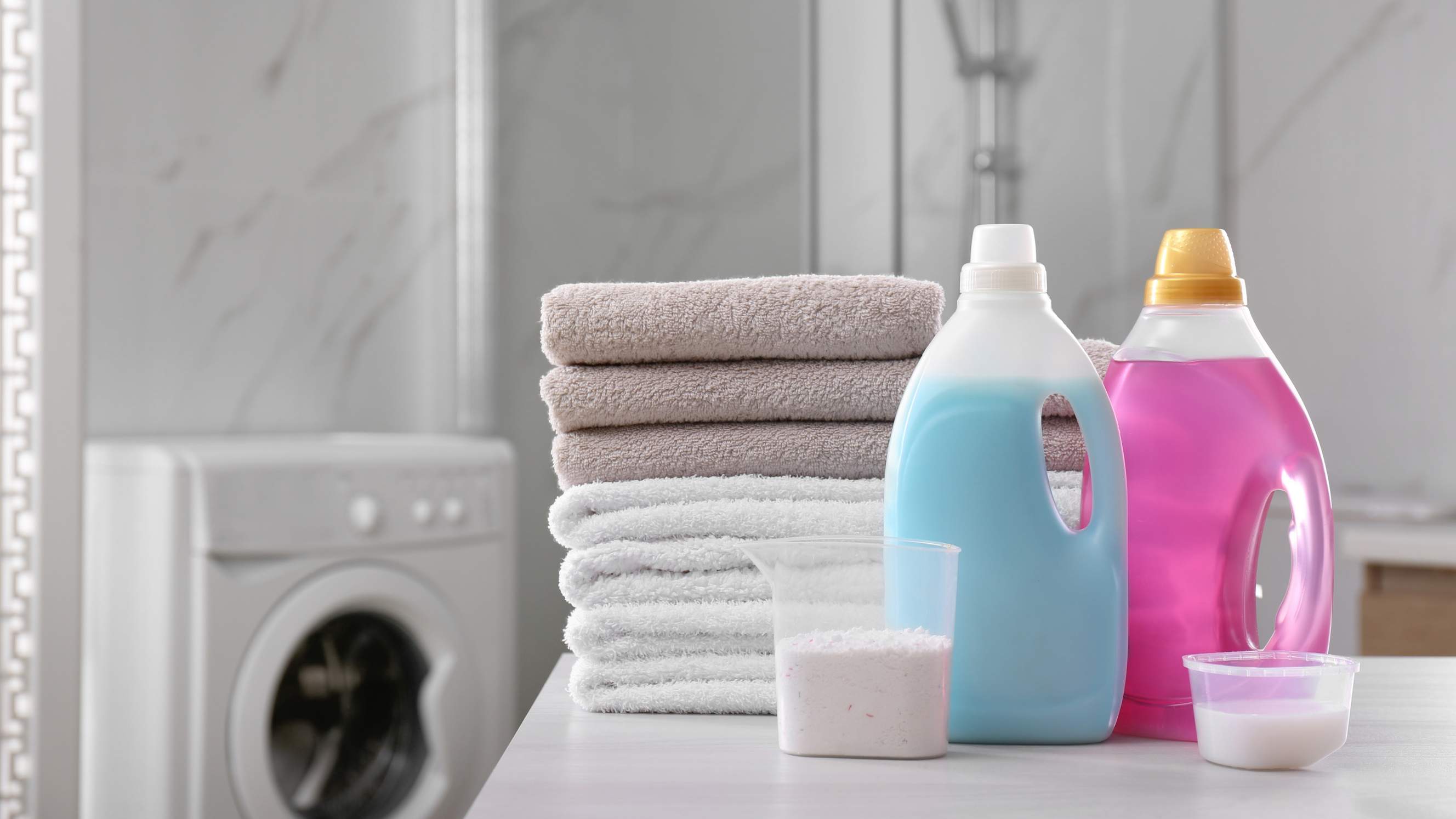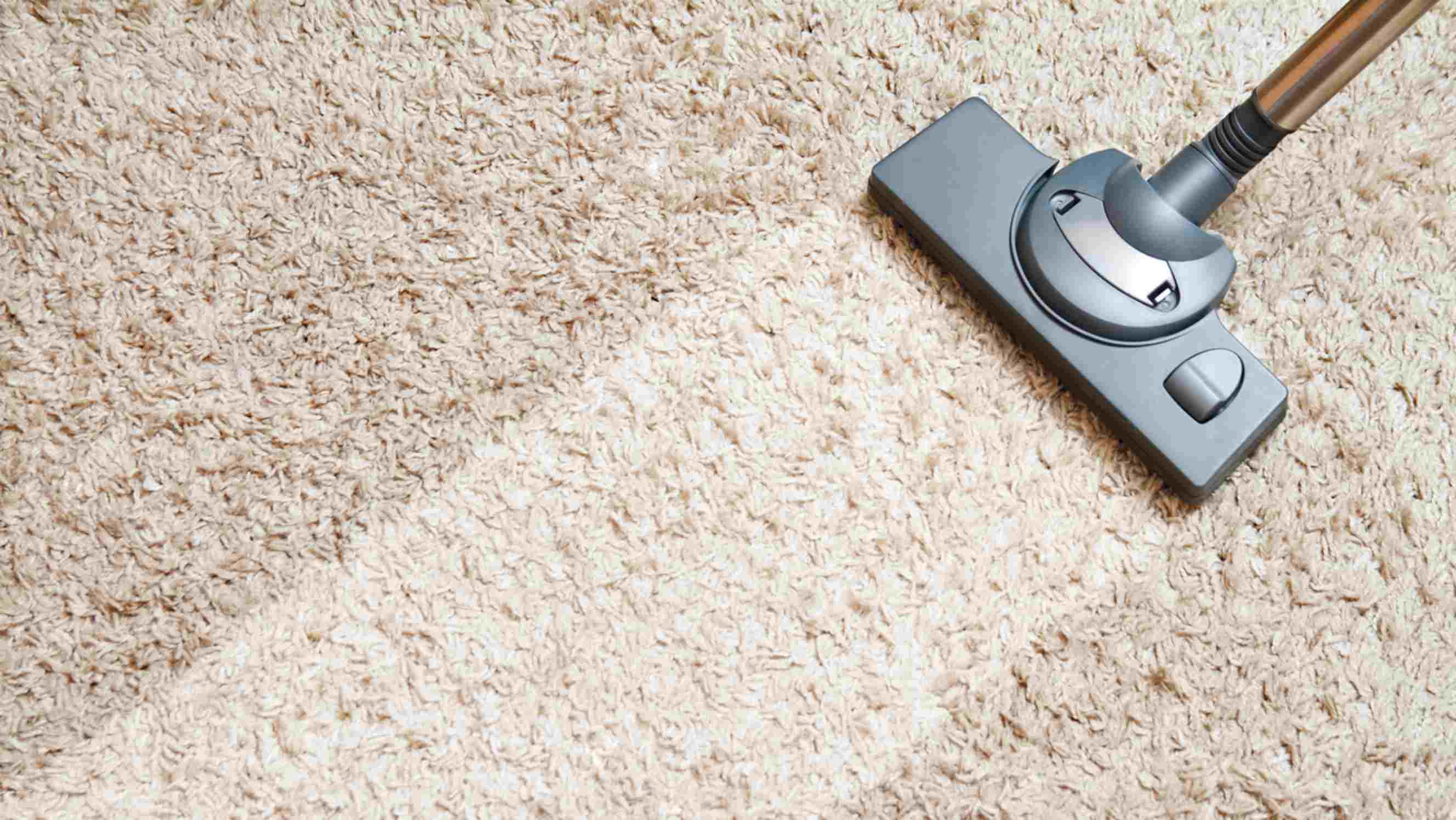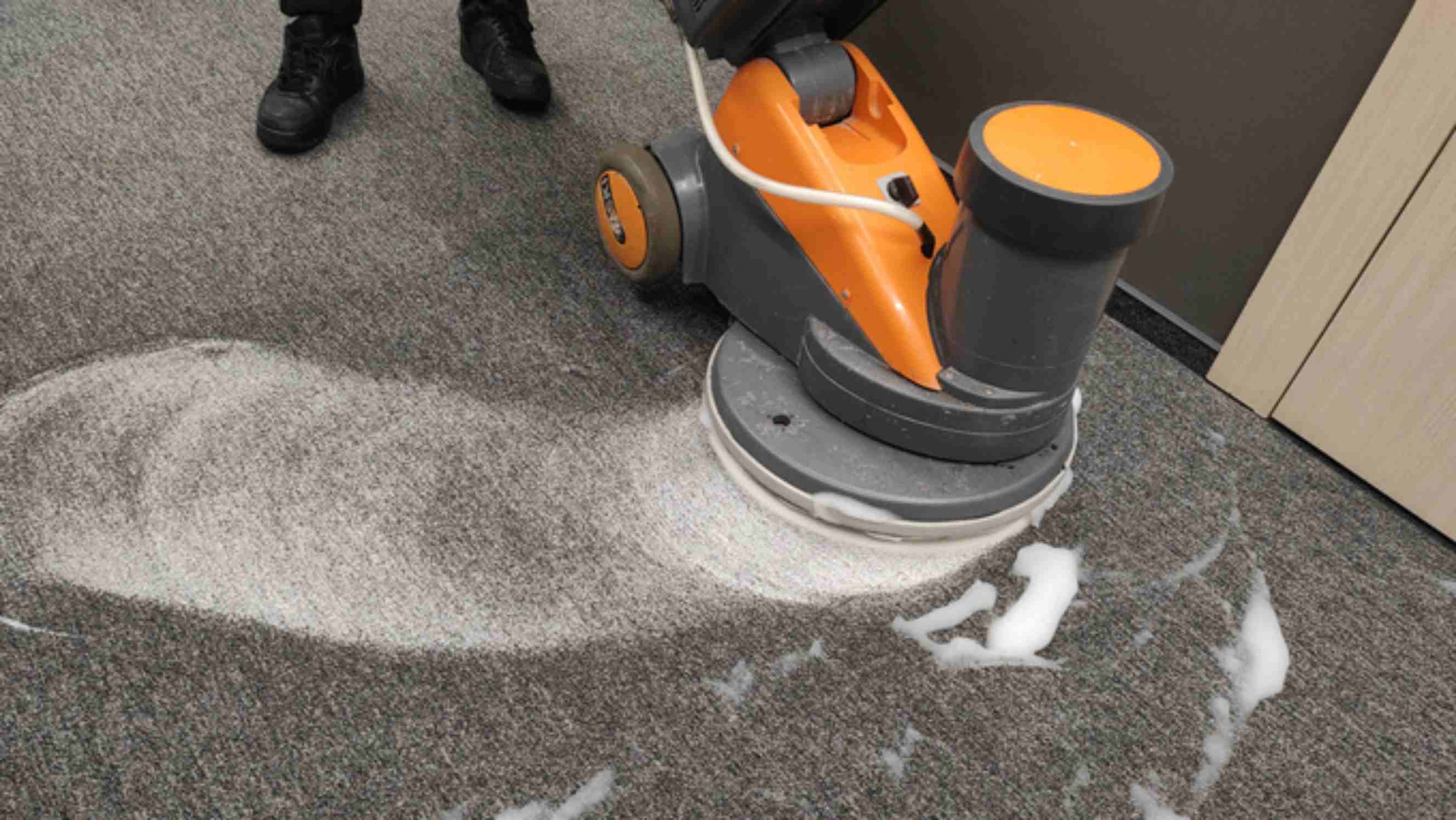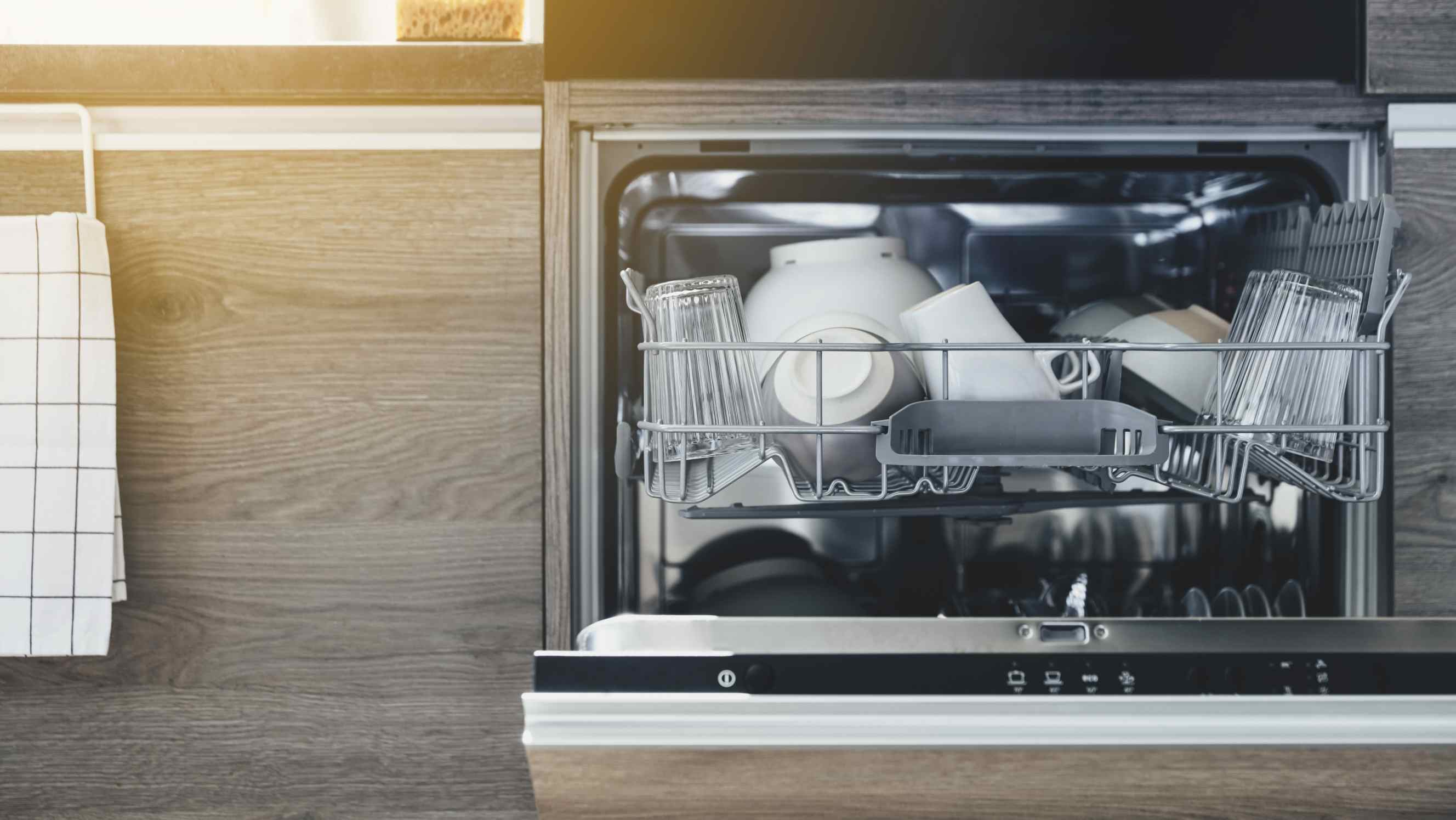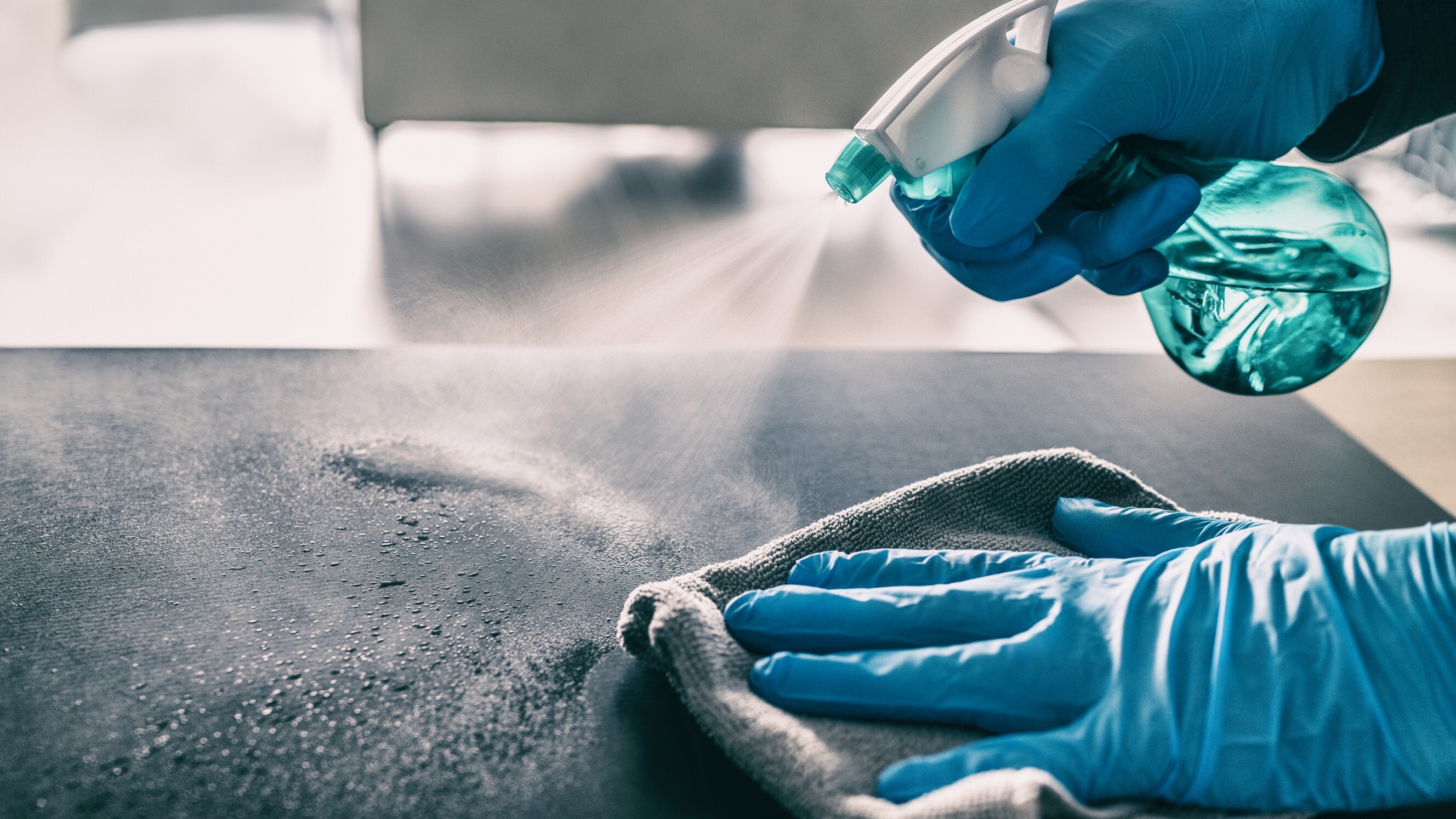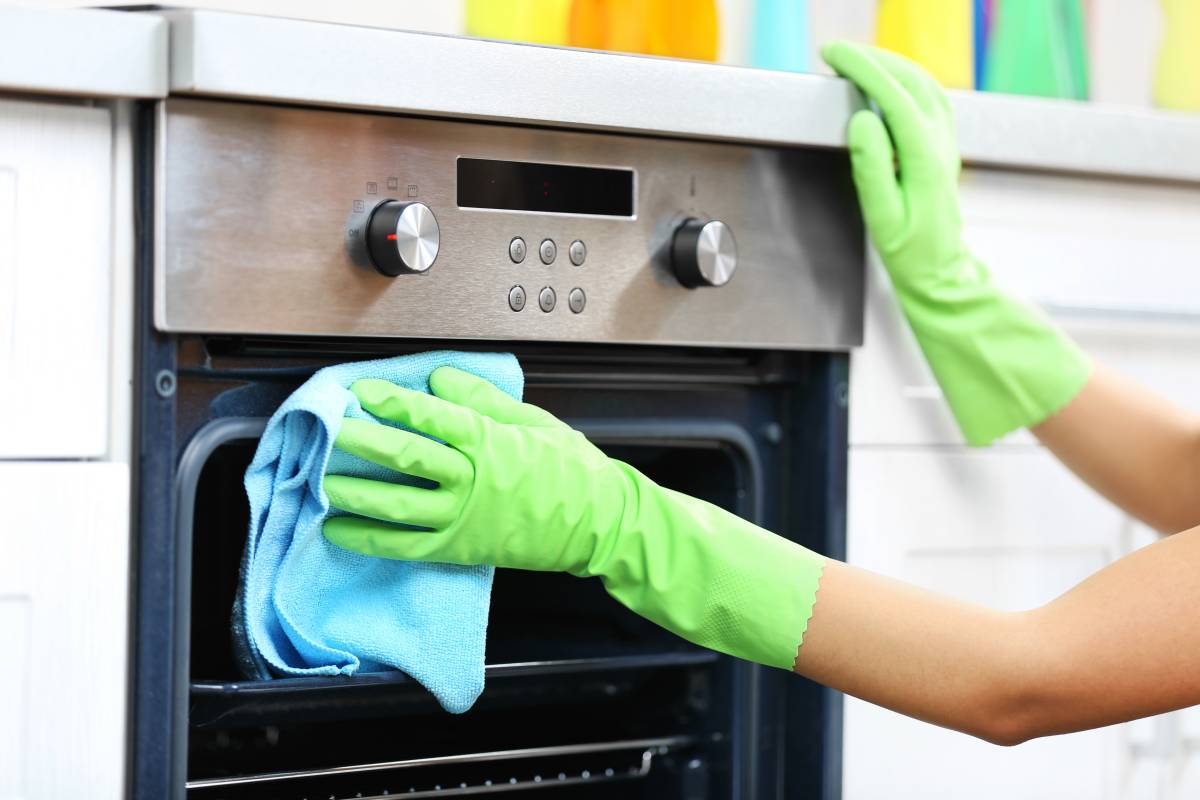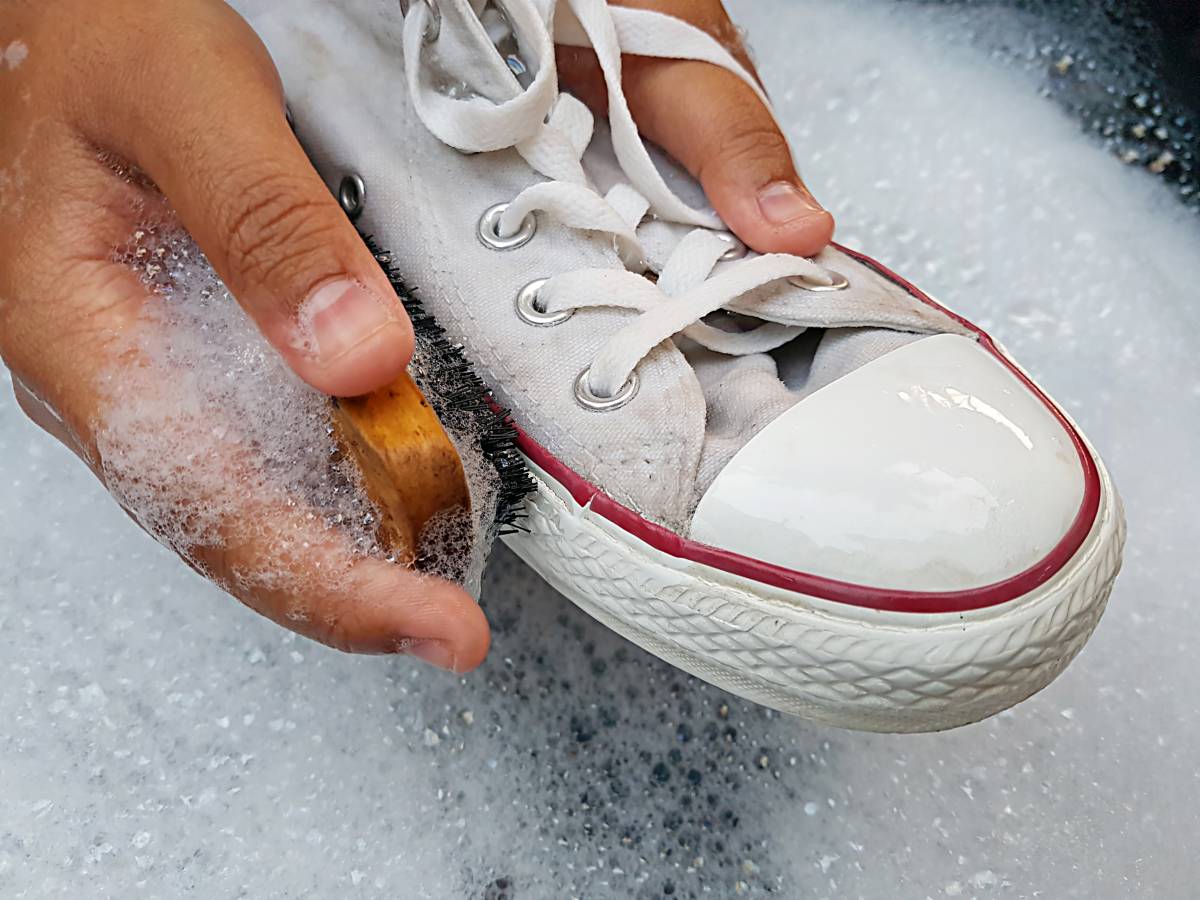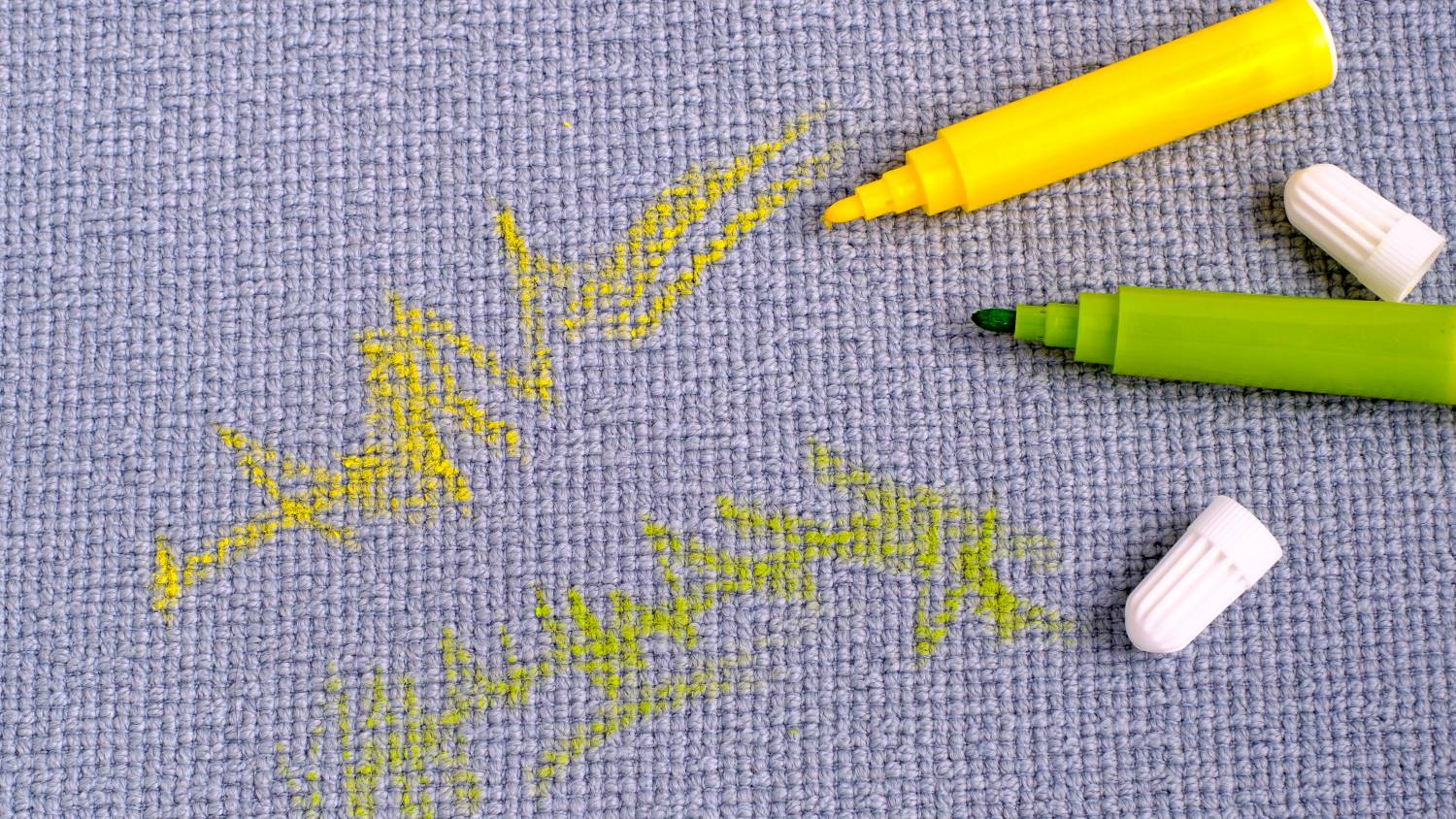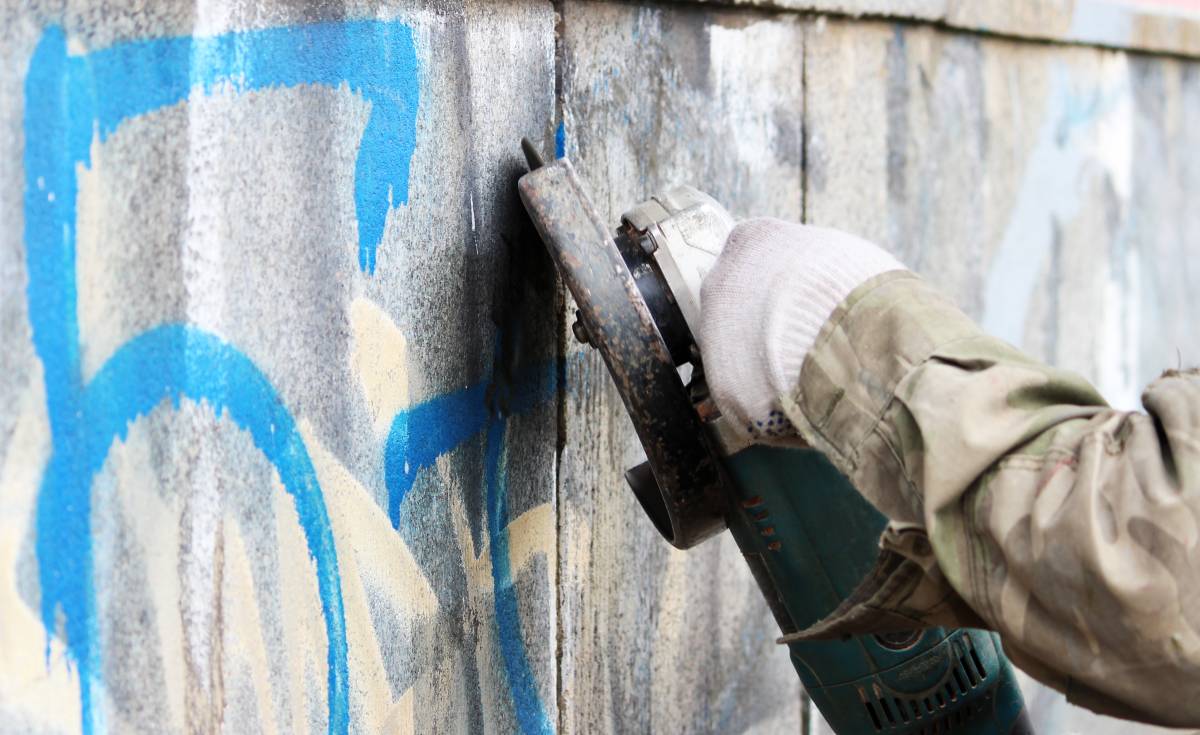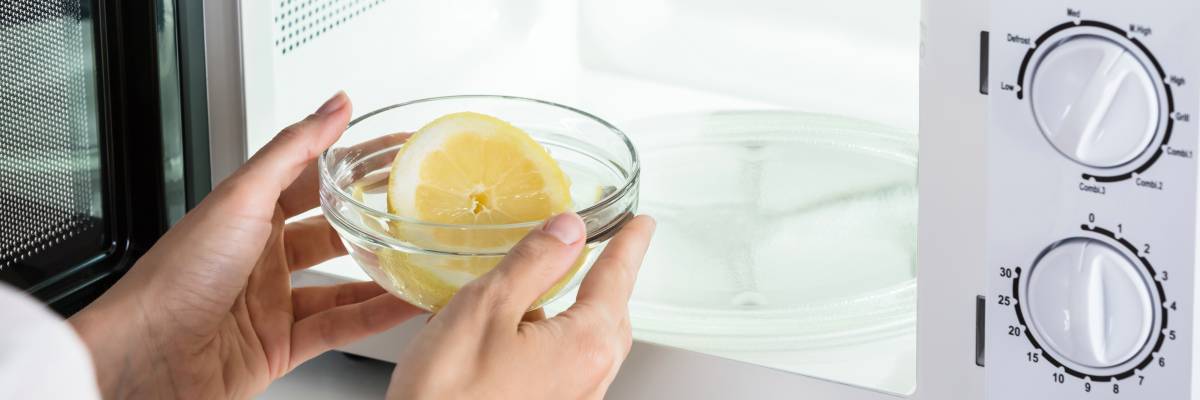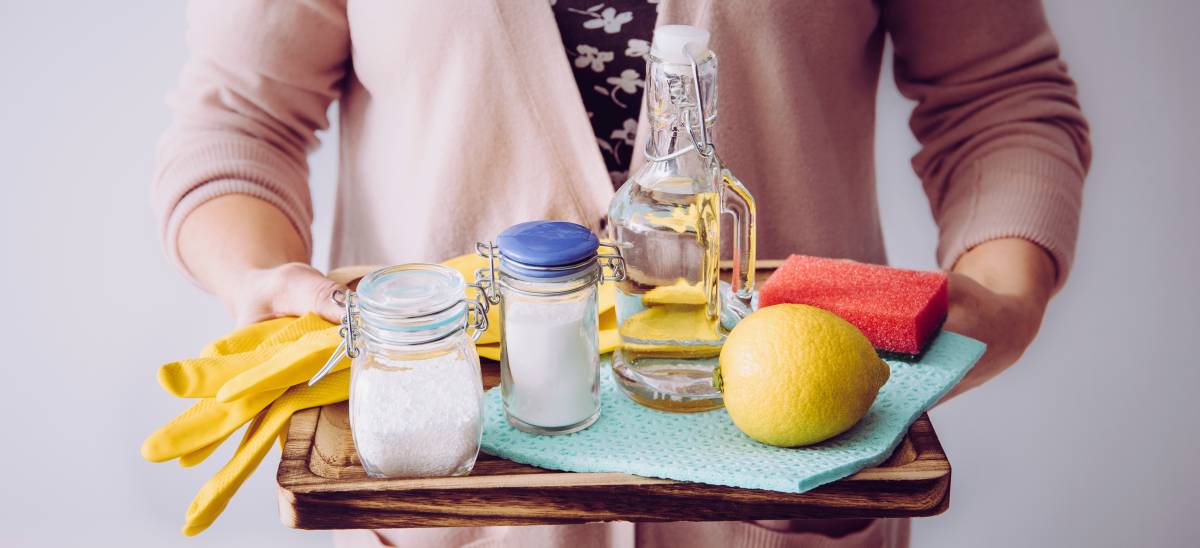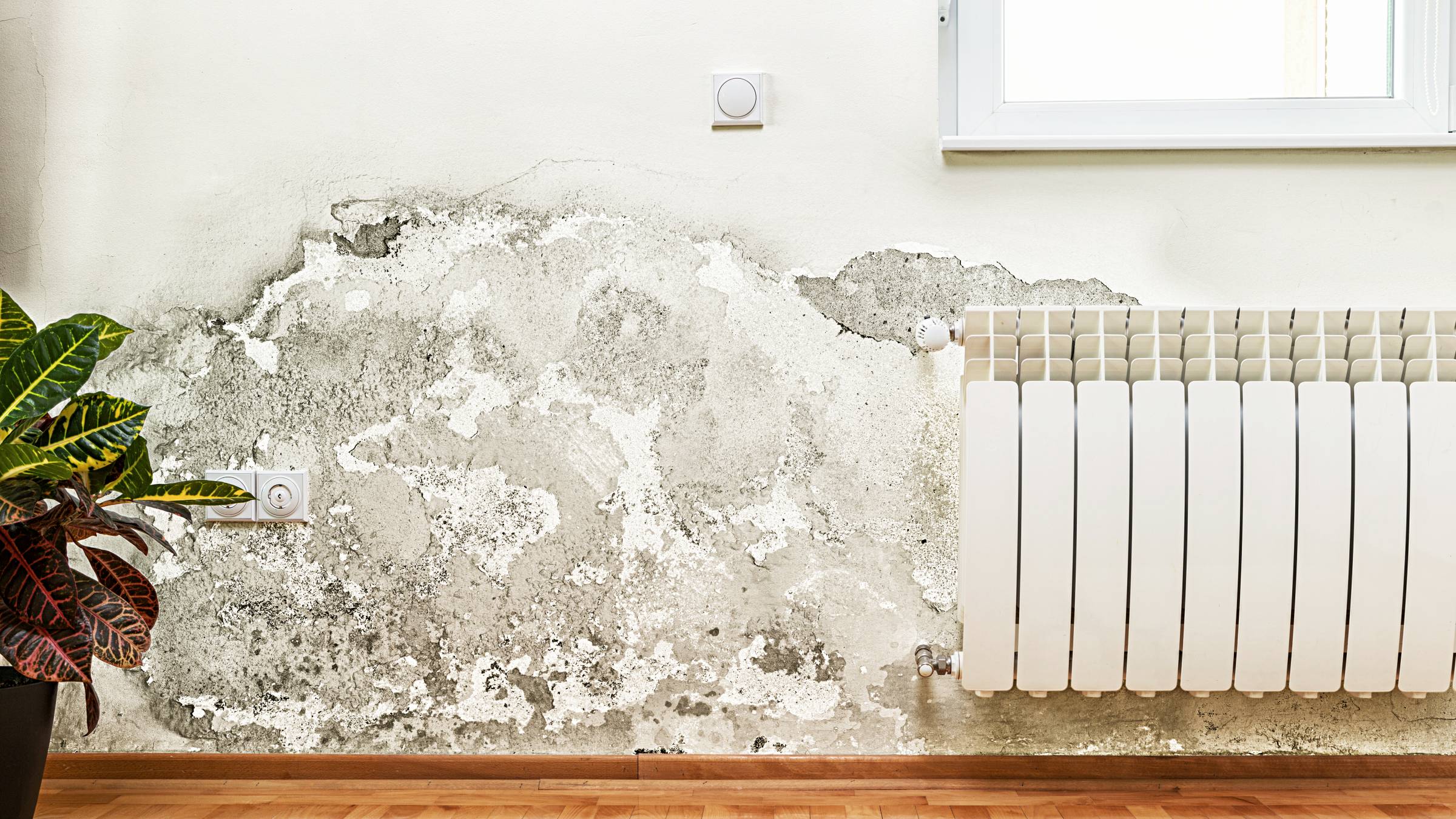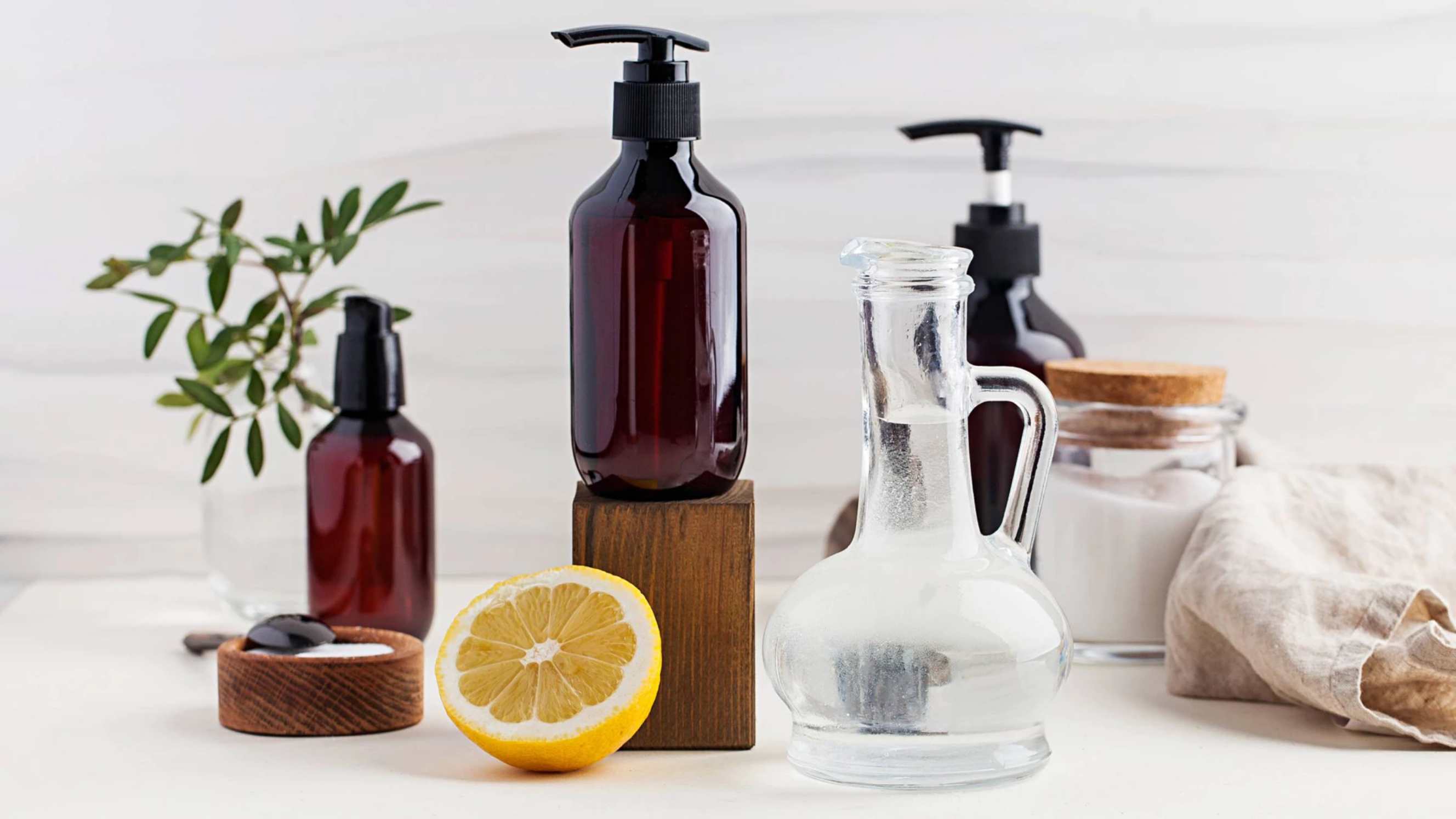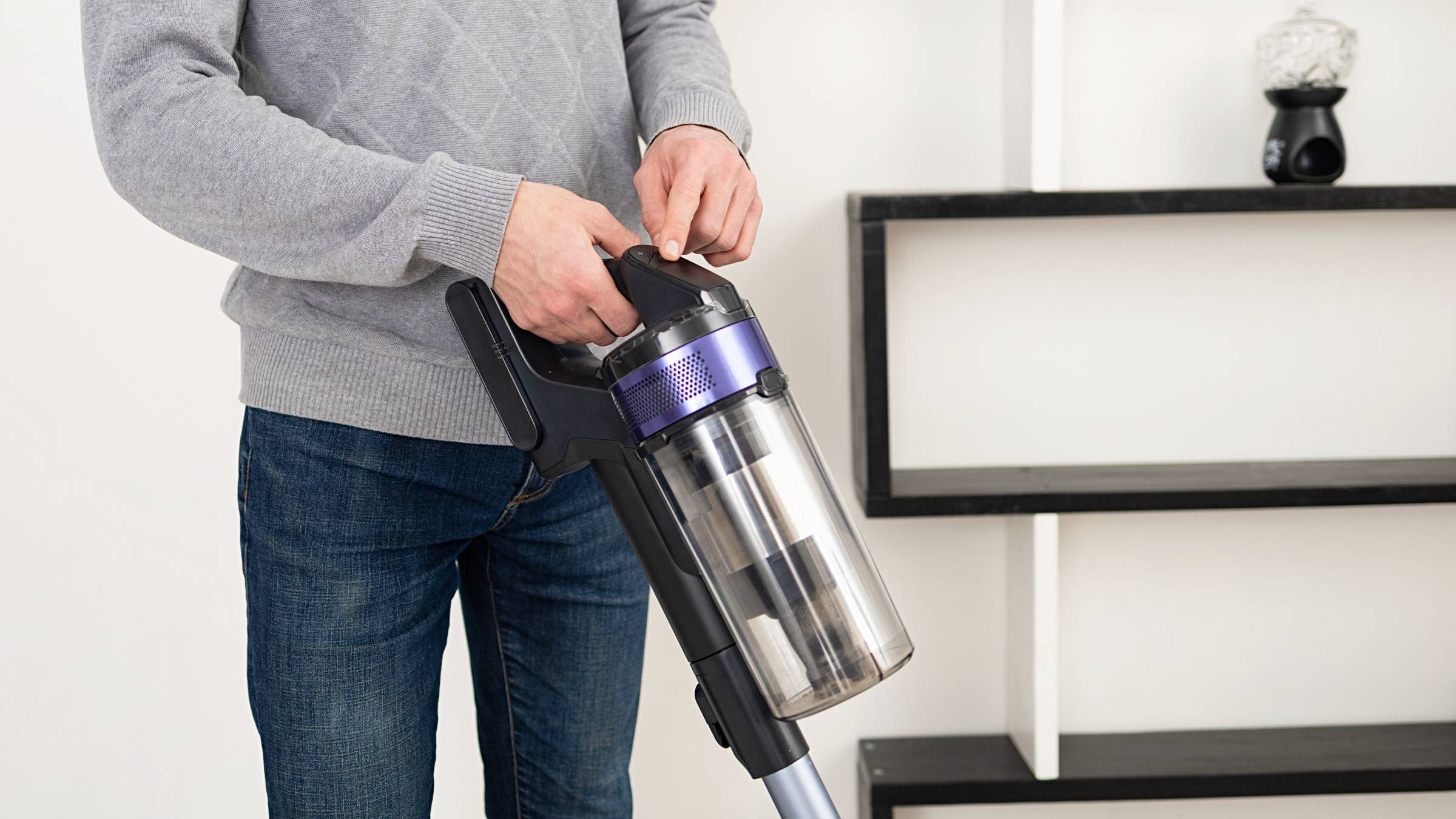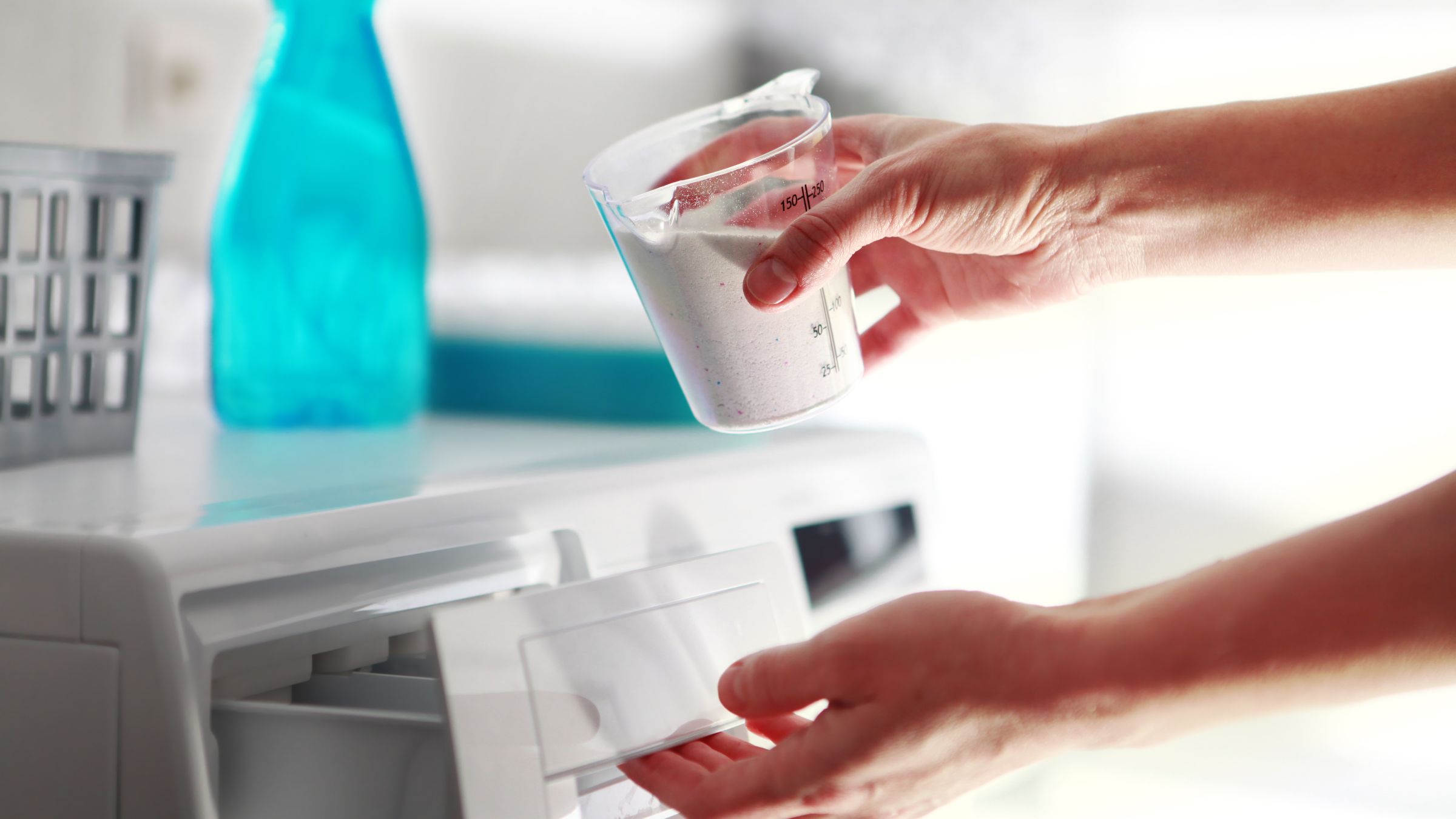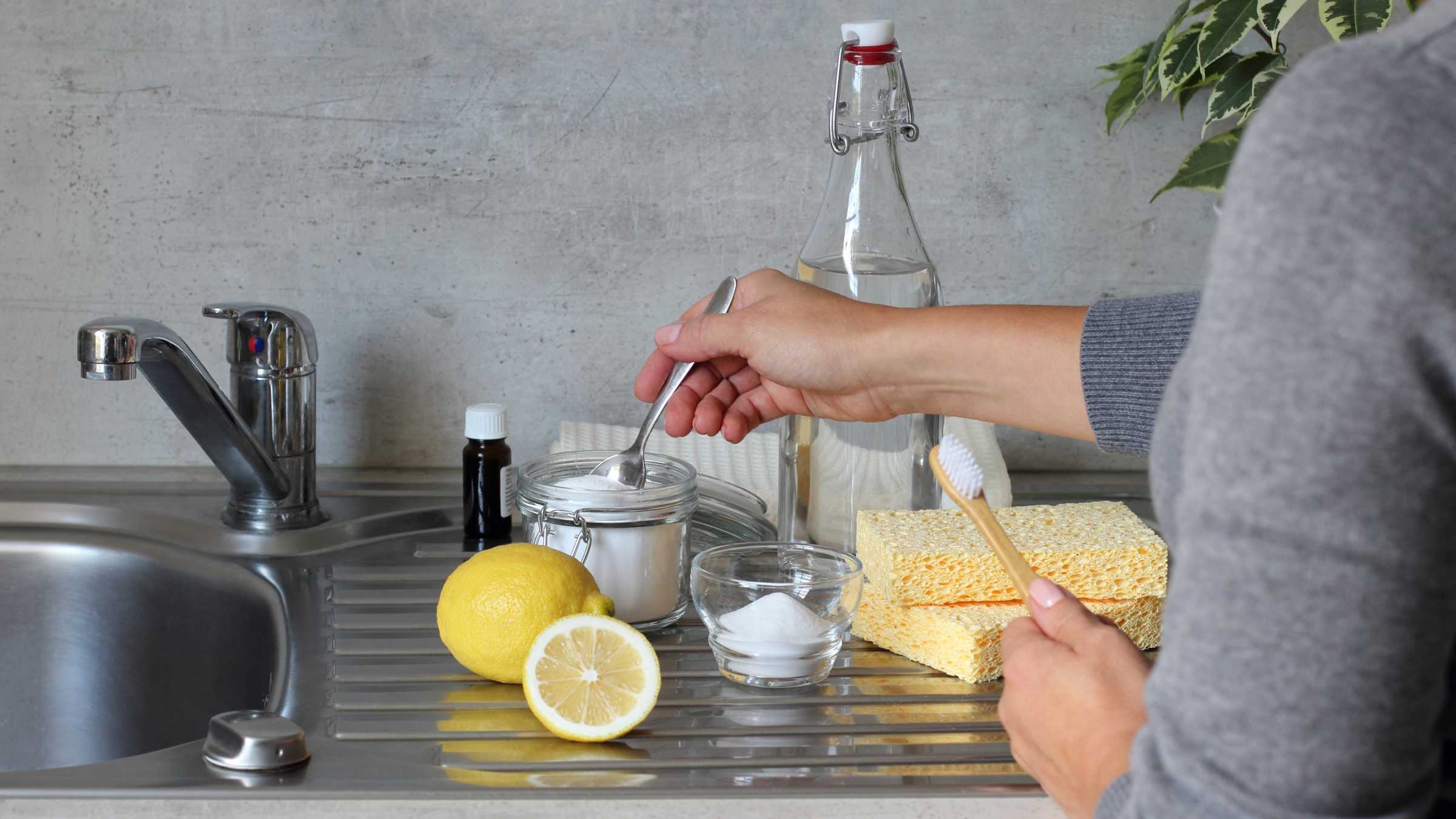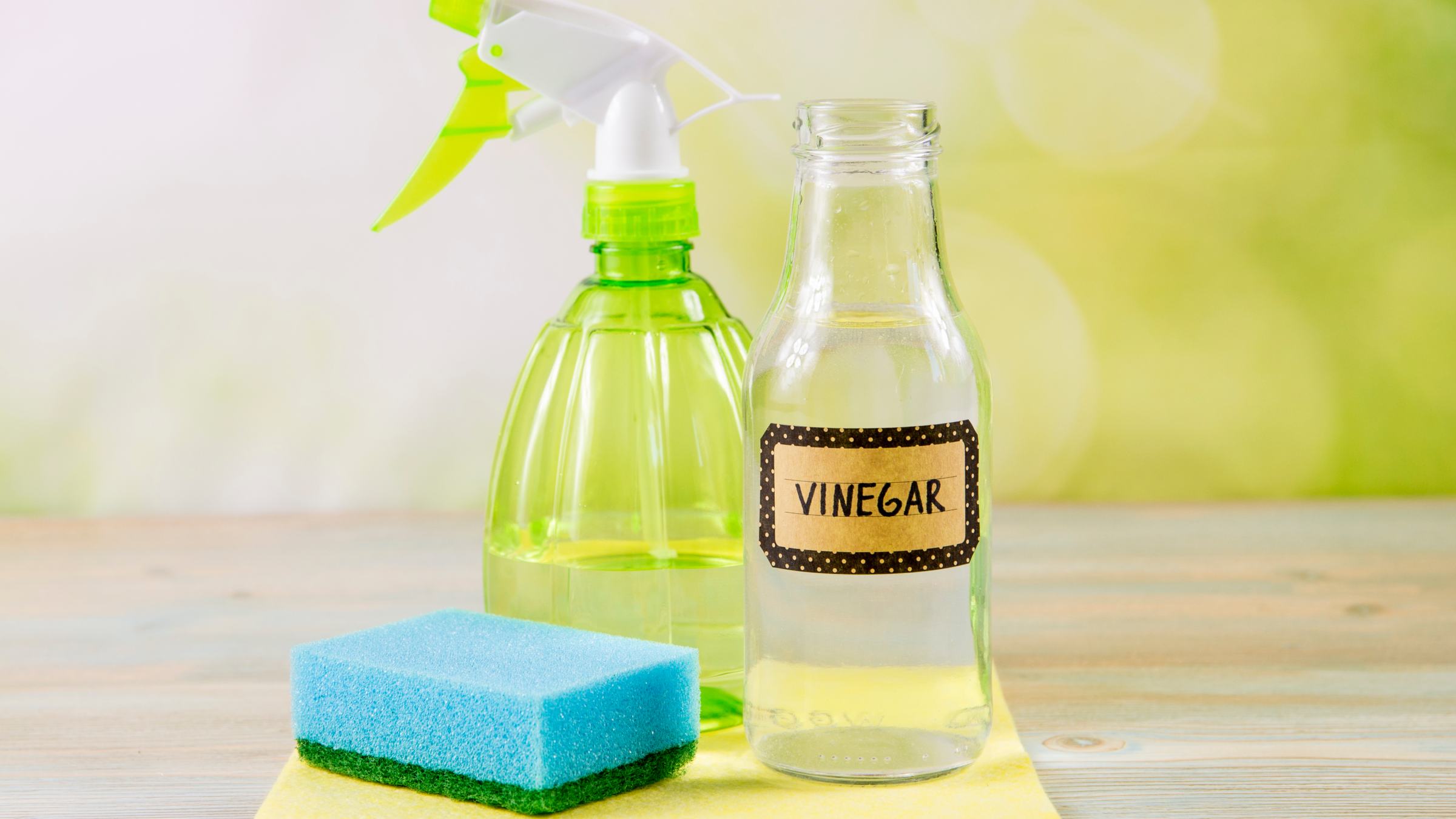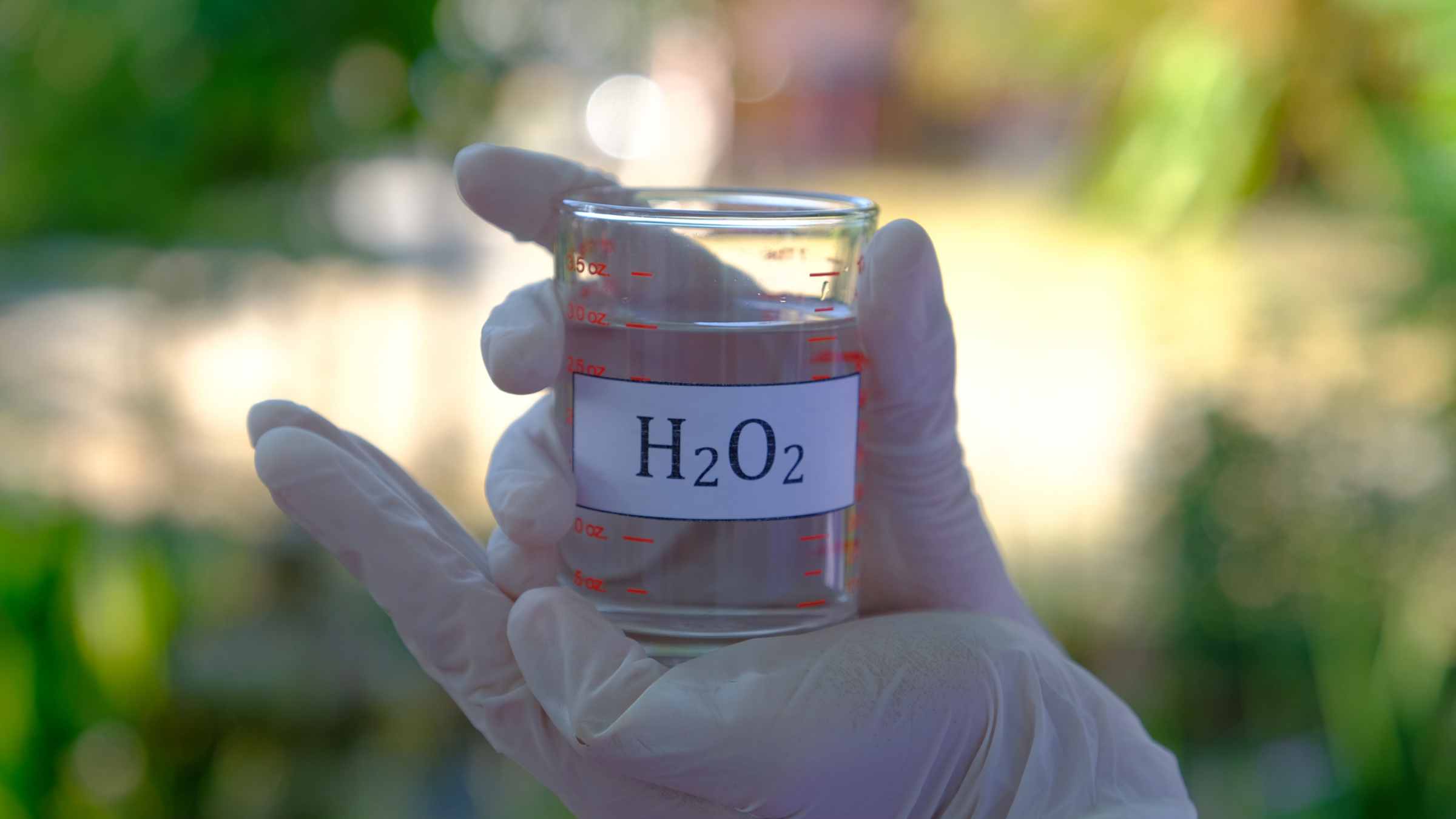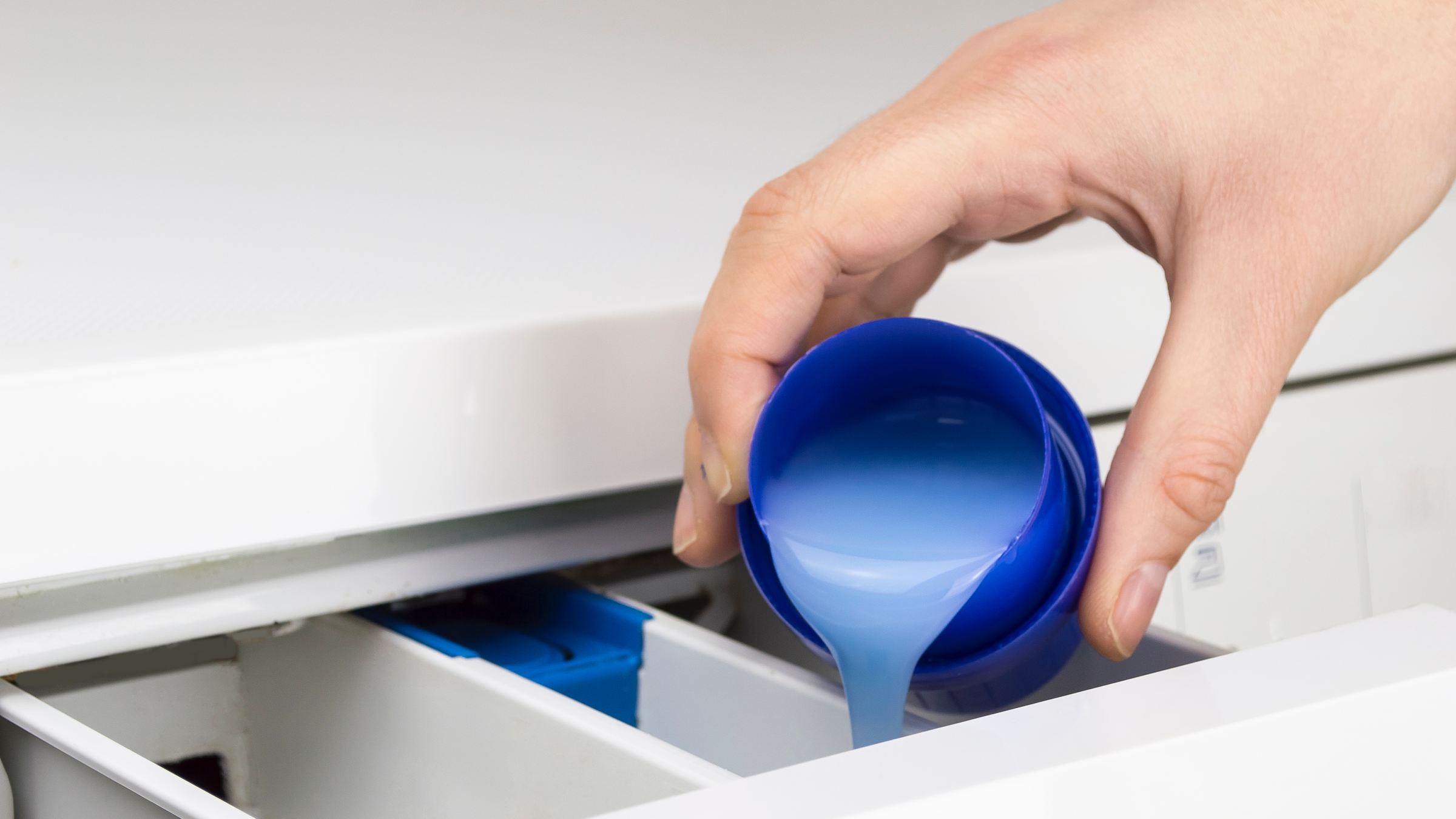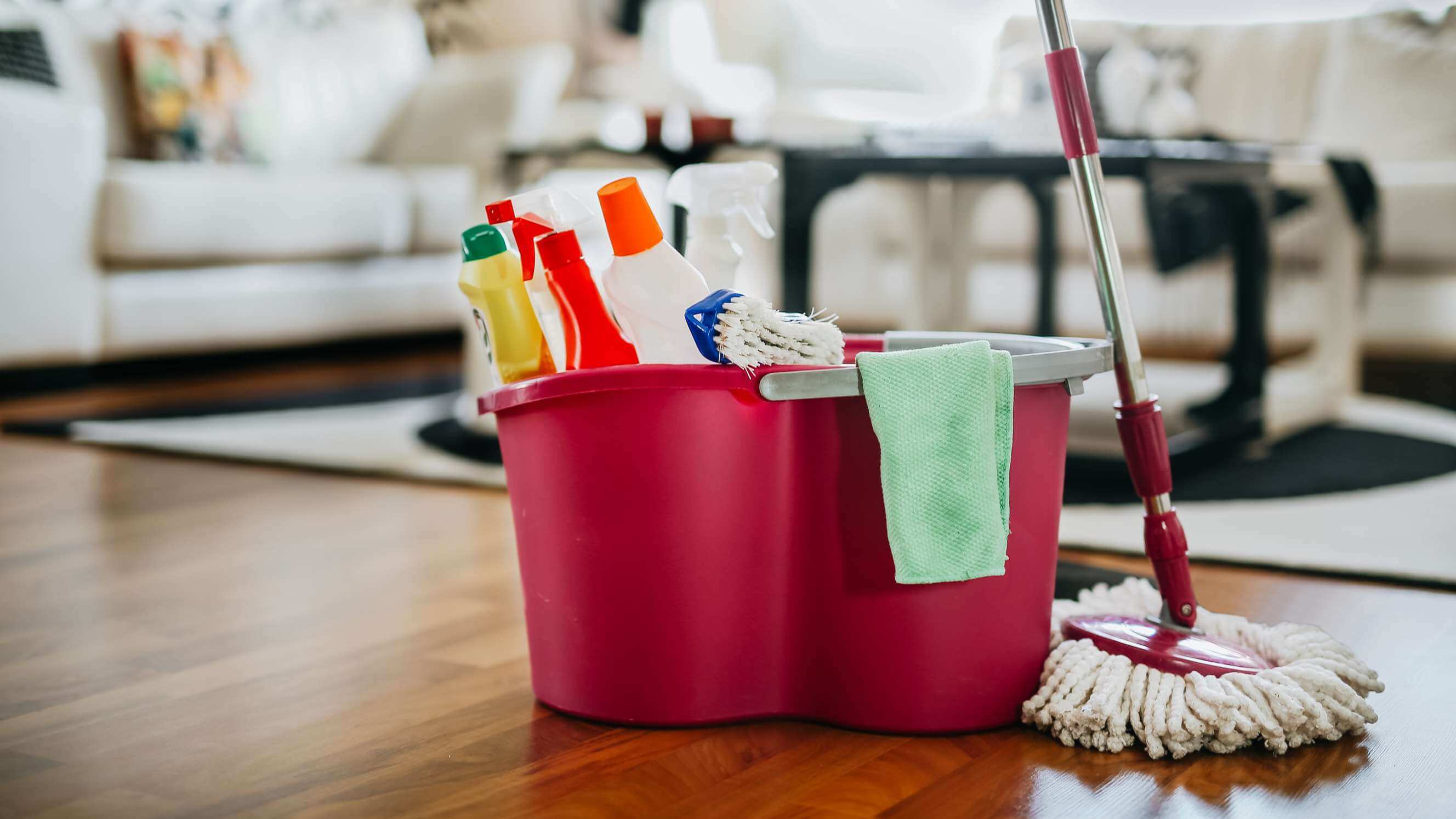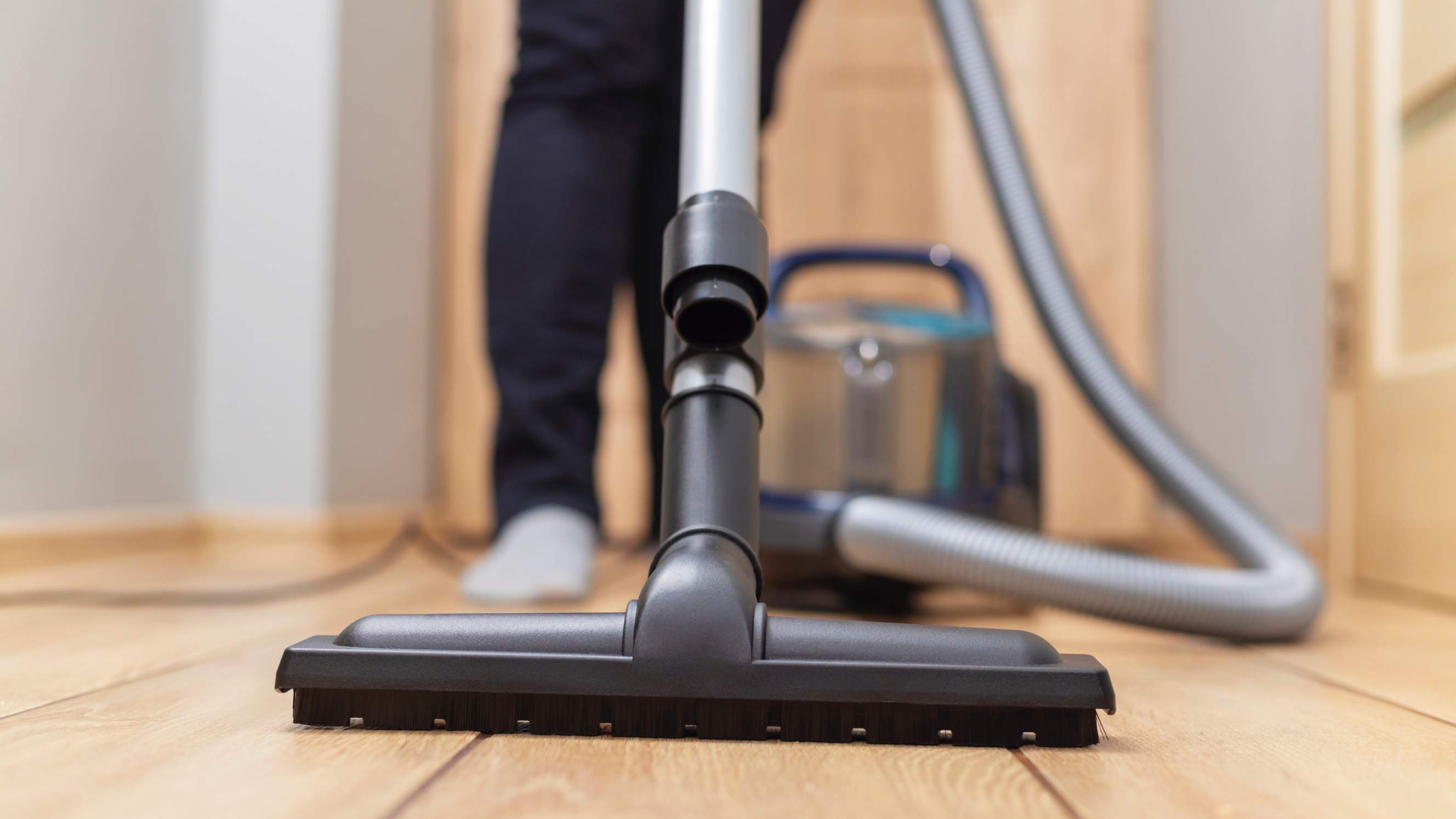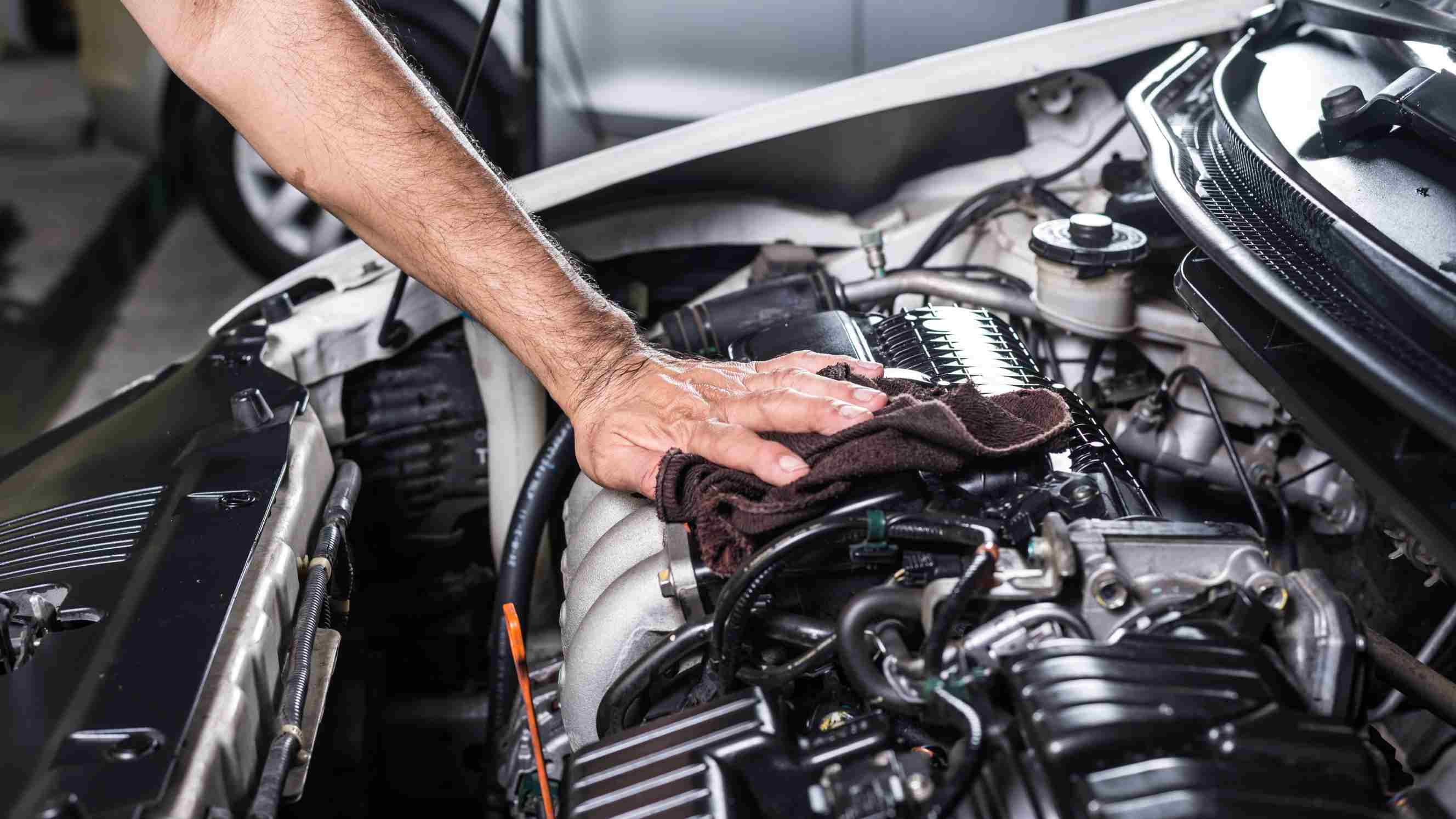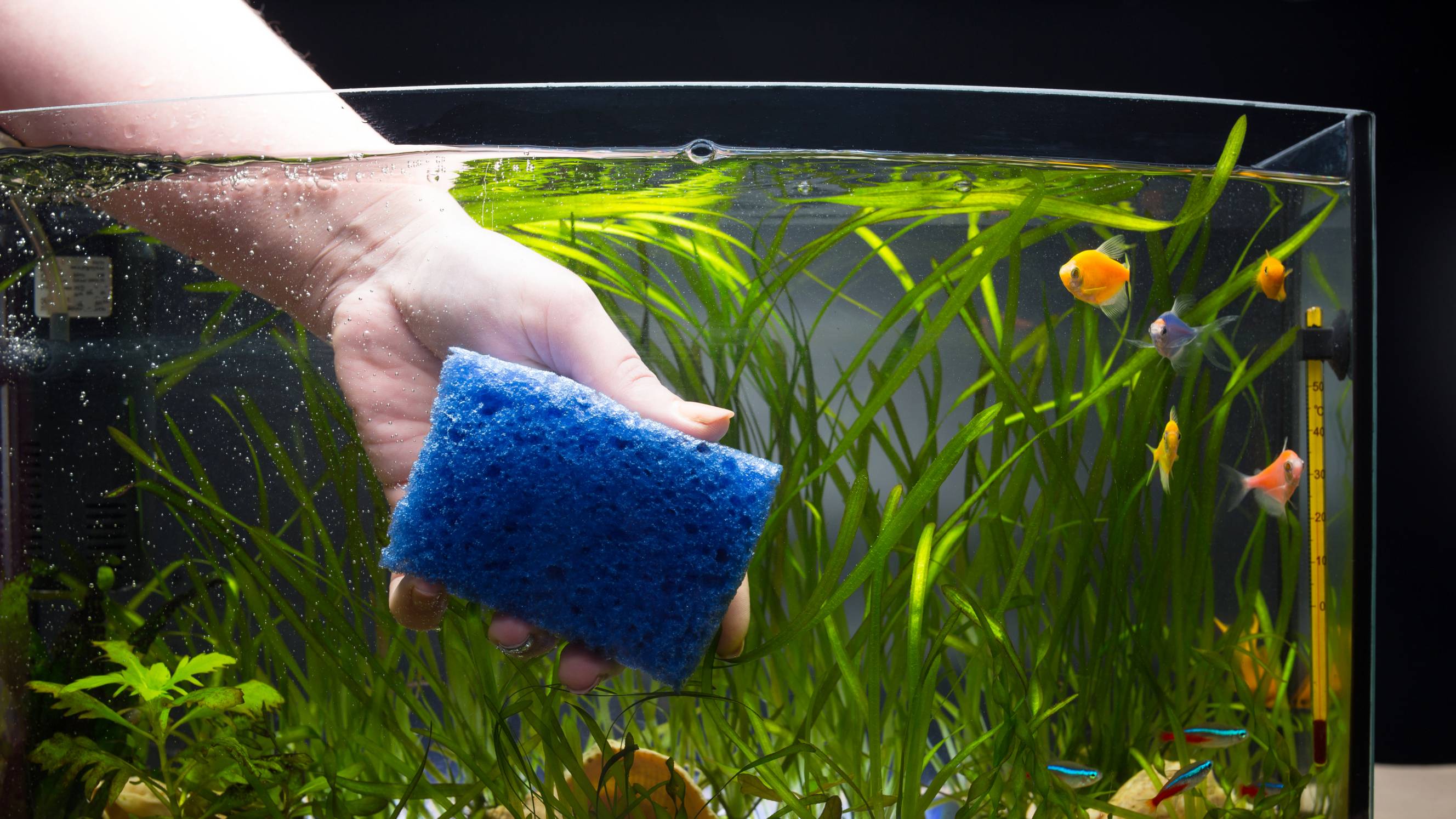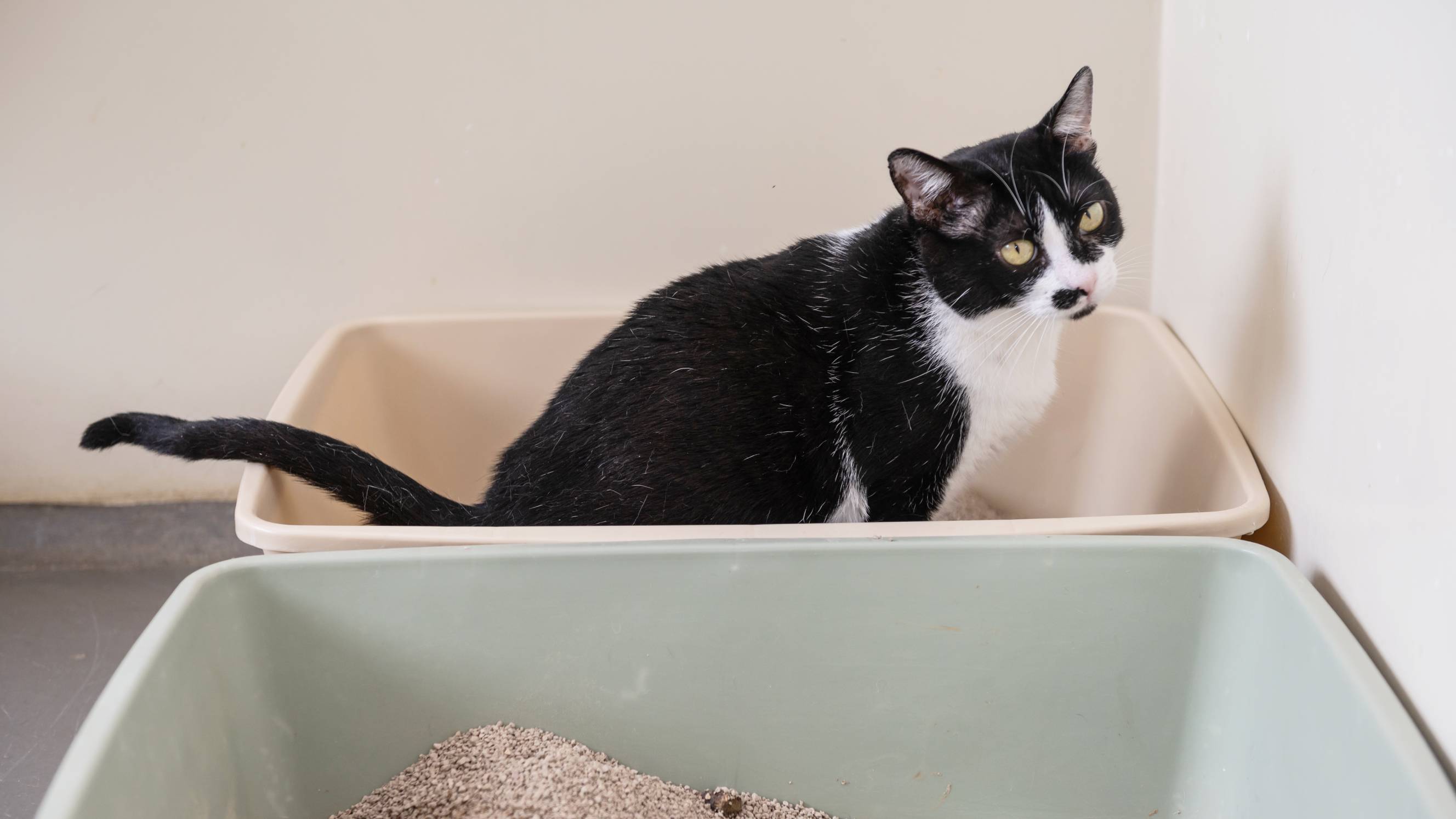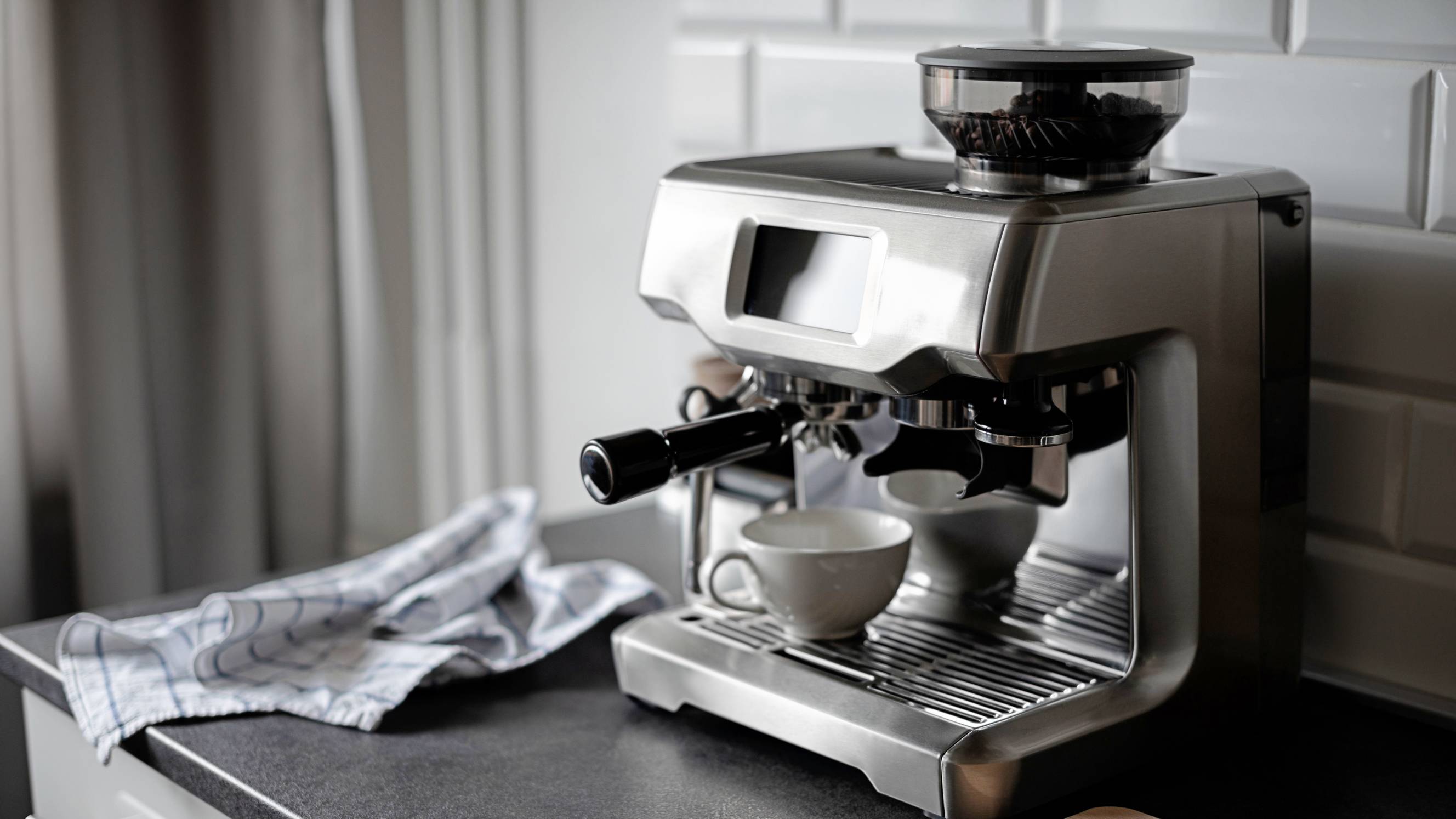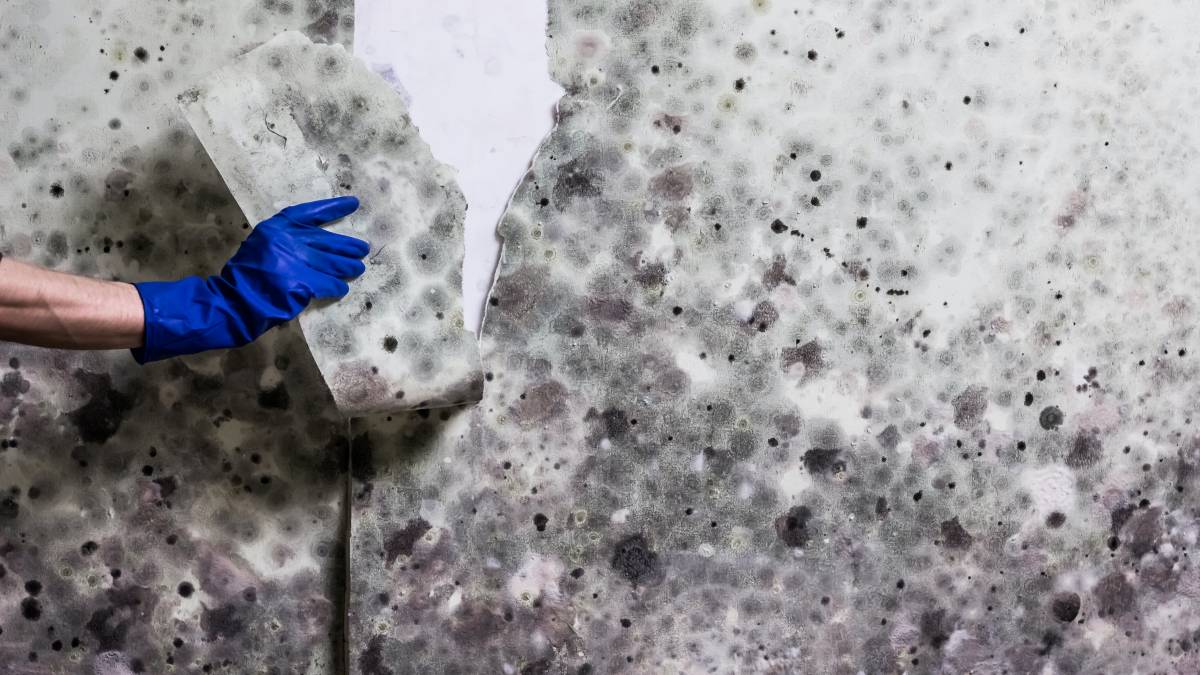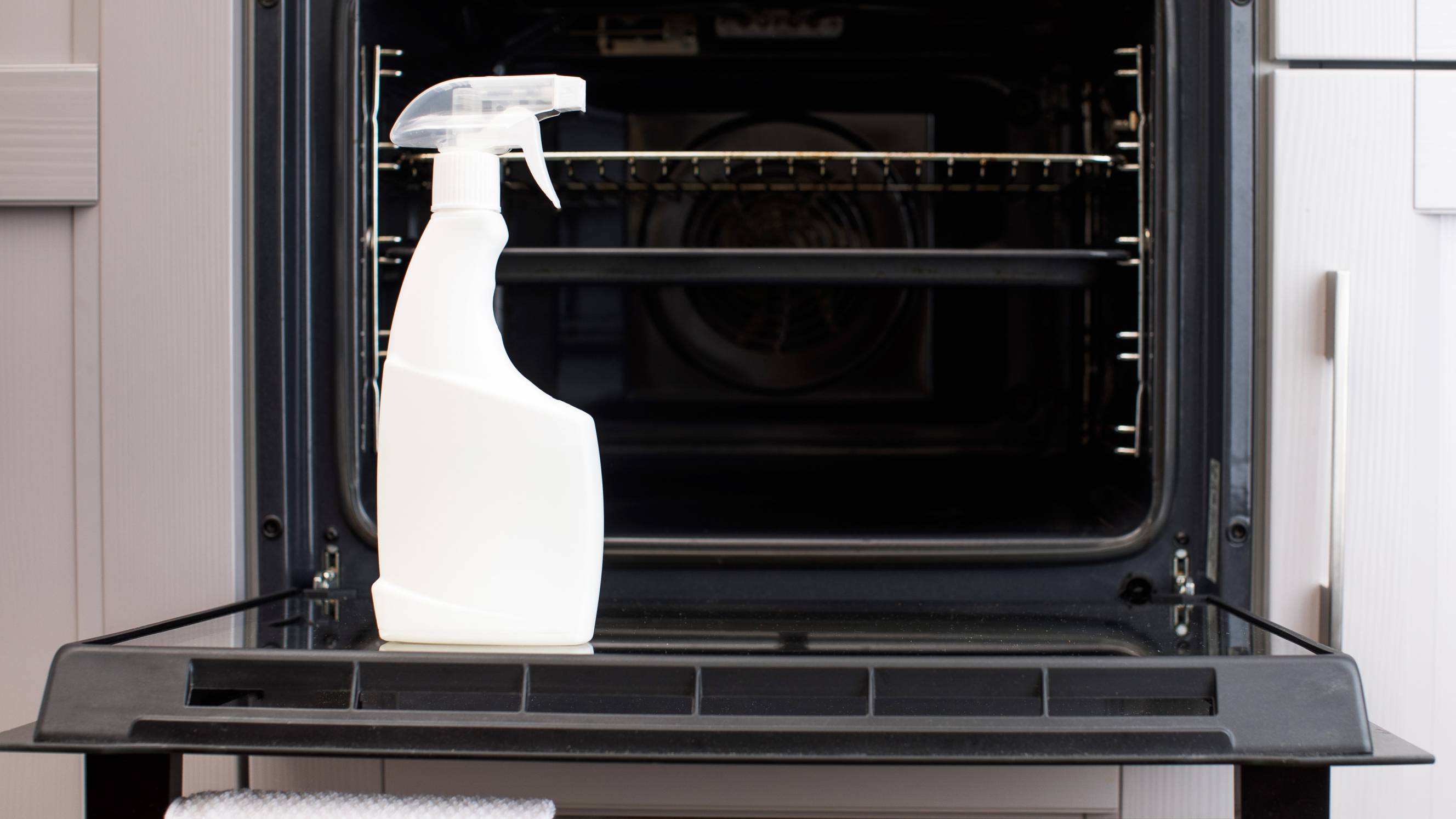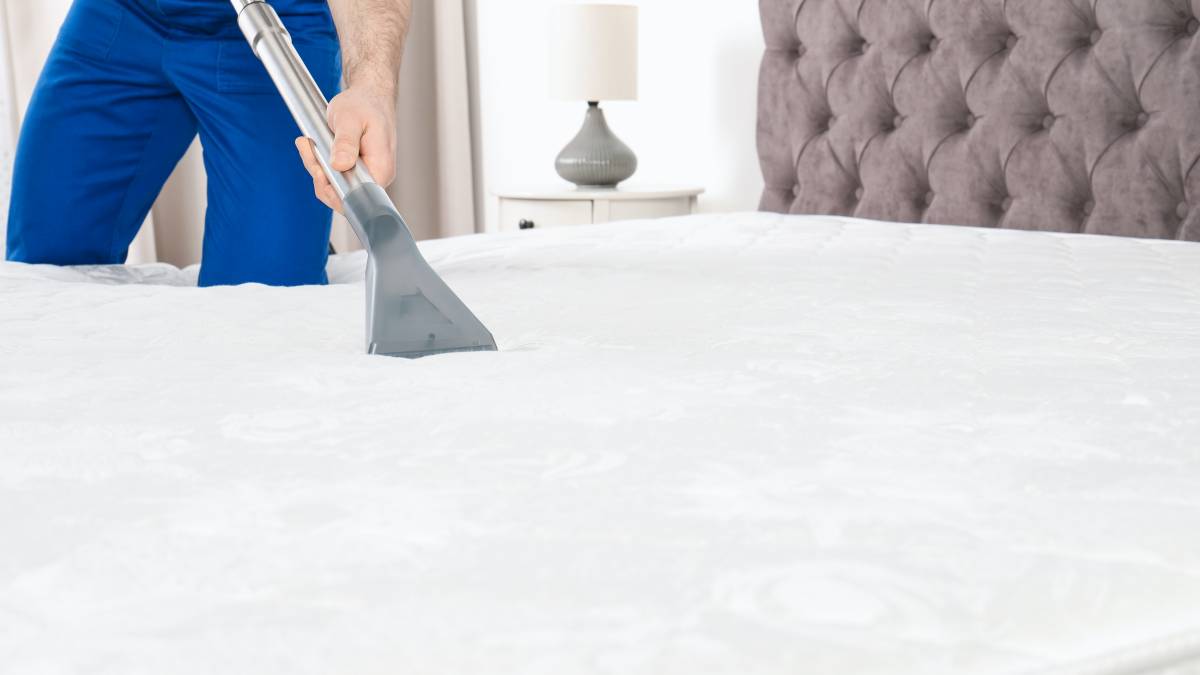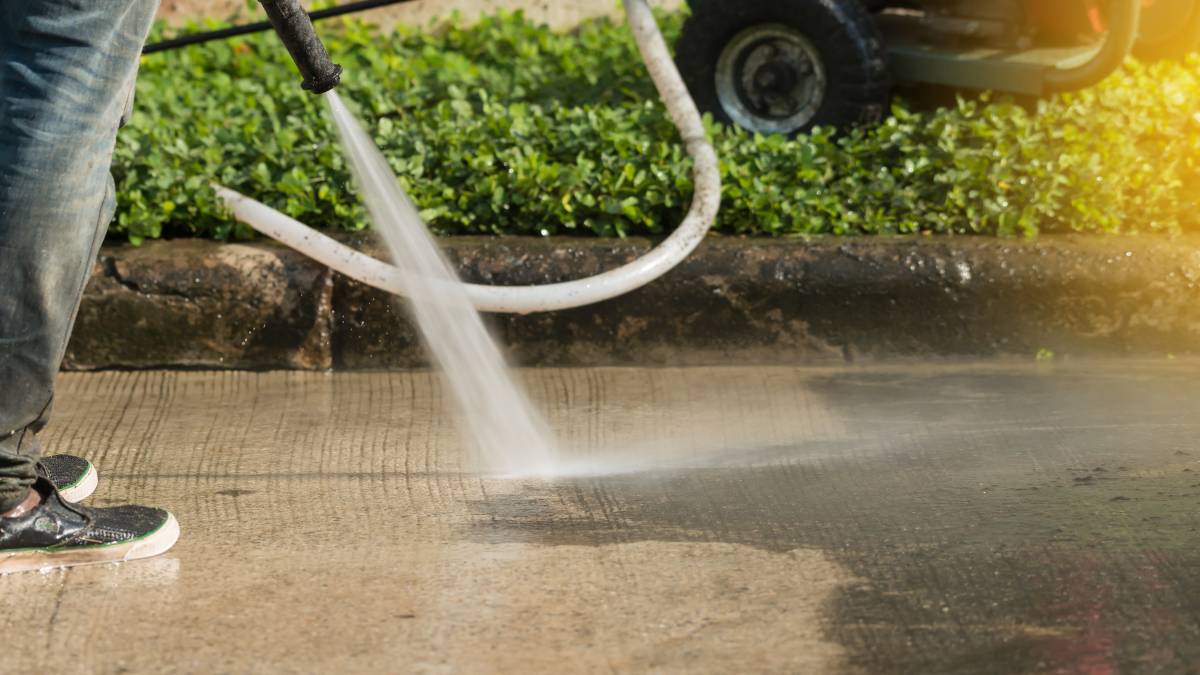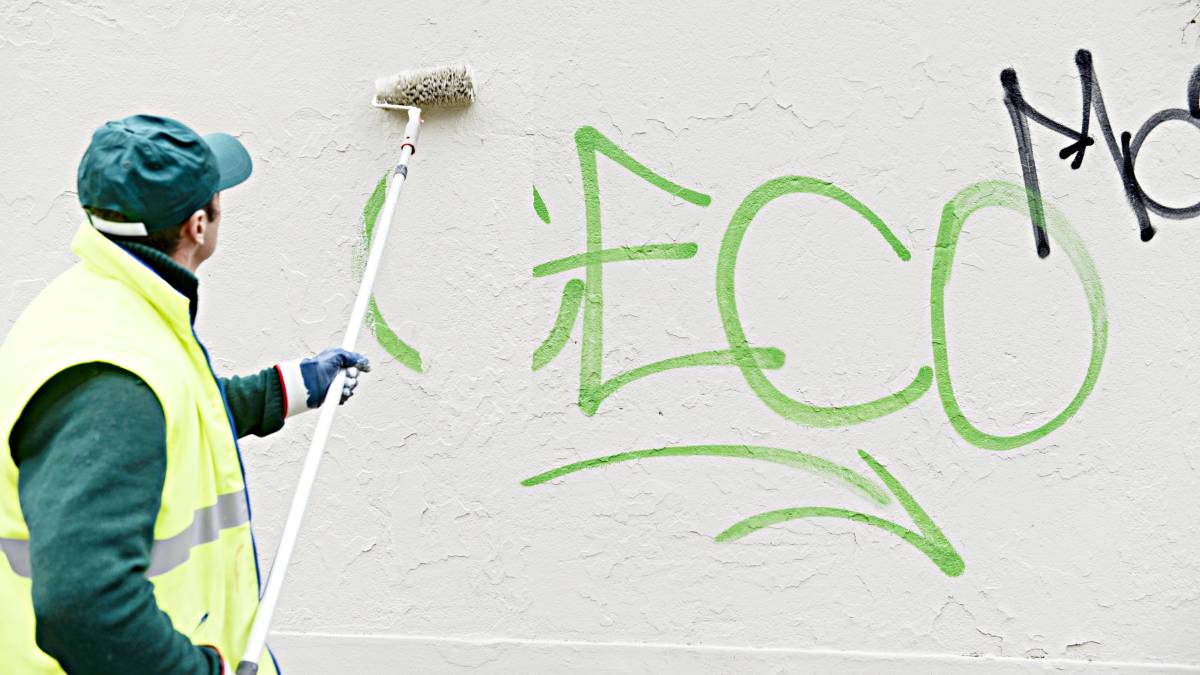- Home/
- Comparisons/
- Cleaning/
- Dishwasher Powder vs Tablets
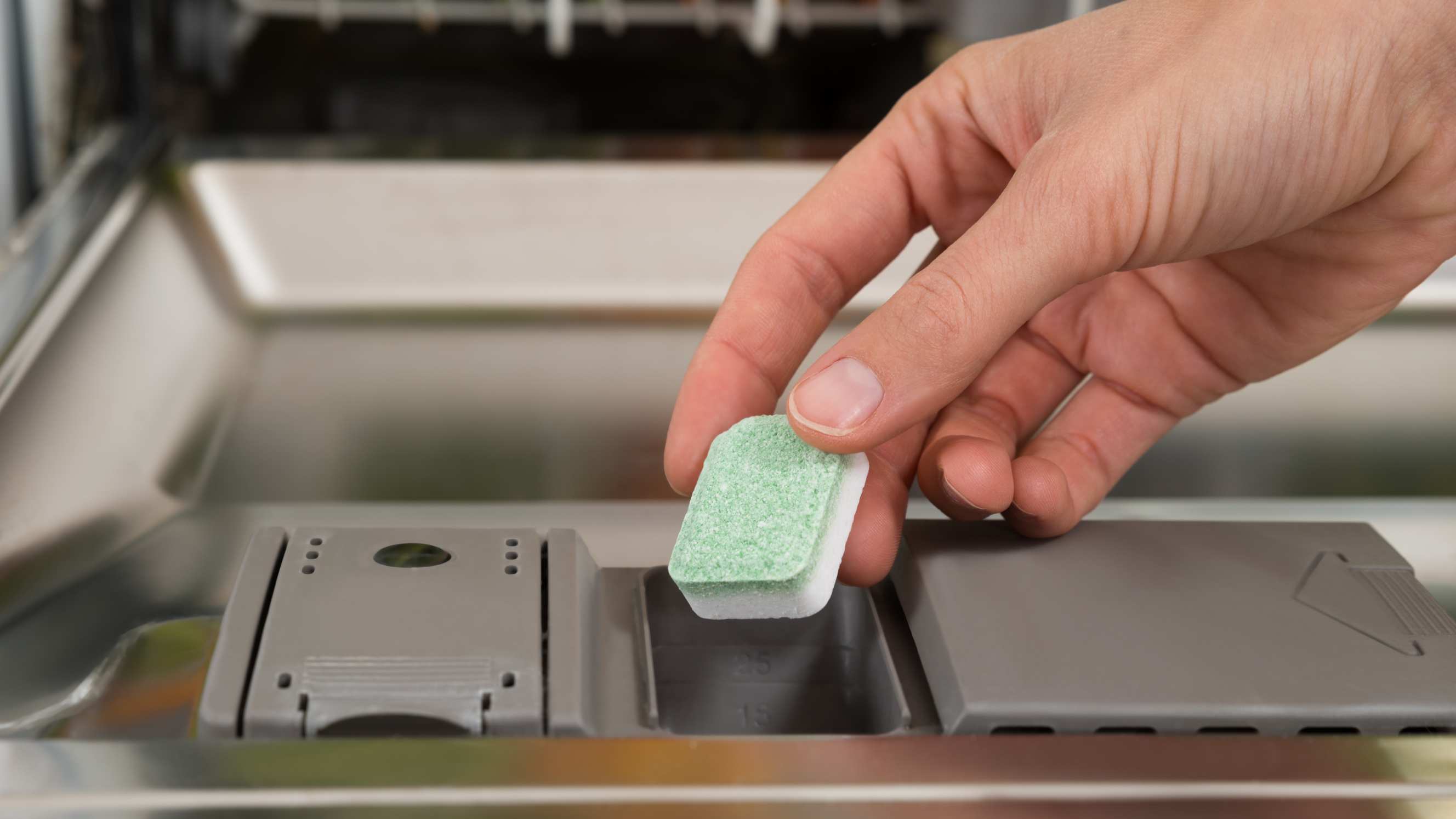
Dishwasher powder vs tablets: Which cleans better?
Comparing dishwasher powder and tablets based on cleaning performance, convenience, eco-friendliness, and more.
Hire a cleaning expertLast Updated on
Key Facts
- Dishwasher powder is a granulated detergent containing surfactants to remove oil and grease and softening agents to prevent mineral deposits.
- Dishwasher tablets are concentrated blocks of detergent encased in a dissolvable film, designed to dissolve gradually throughout different wash cycles.
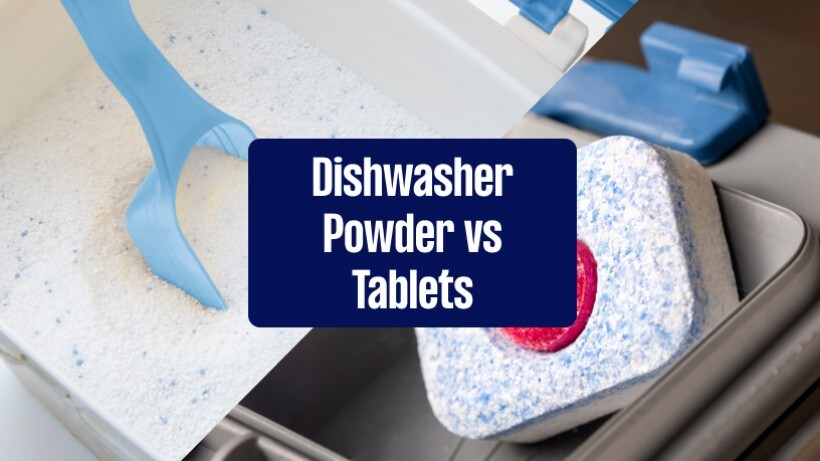
Although having a dishwasher makes things more convenient, it requires a suitable detergent to maximise its cleaning power. Remember that each detergent has unique formulations to tackle grease, baked-on food, and water spots, so understanding their differences can help you choose the right detergent for your dishwasher.
But, with the many types of dishwasher detergent available, selecting the right one can be tricky. It’s best to compare two detergents, like dishwasher powder vs tablets, to make it easier to decide which type you should go for.
What is dishwasher powder?
A dishwasher powder is a granulated dish-cleaning detergent with surfactants. Their role is to break down oil and grease and softening agents to prevent mineral deposits (or the white residue in dishes) from building up in your dirty plates and cups.
The granules of dishwasher detergent powder are formulated to have a free-flowing form, ensuring the powder is distributed evenly into your dishwasher for an effective deep clean. This formulation also helps prevent the powdered detergents from clumping or sticking together in the dishwasher after dispensing.
What are dishwasher tablets?
Dishwasher tablets, or dishwasher pods, are concentrated blocks of dishwasher detergent encased in a dissolvable film. Upon dispensing the tablet into the dishwasher, it doesn’t dissolve in an instant. Its active ingredients will dissolve one at a time, matching the different wash cycles of your dishwasher.
For example, the tablet’s surfactants and anti-soil redeposition agents will be the first to dissolve during the early wash cycle, helping remove residues in dishes. By the end of the wash cycle, rinse aids start to work to ensure the dishes are completely dry without spots or streaks.
Did you know? Aside from cleaning dirty plates, pots and pans, there are several uses for dishwashing tablets. You can also use them to remove coffee and tea stains in clothes, clean dishwashers and ovens, and remove unpleasant odours in the toilet.
Dishwashing tablets vs powder: Which delivers the best results?
When it comes to hand washing vs dishwashers, the latter gains an upper hand since most households in the UK use a dishwasher.
That said, knowing what dishwasher soap is best becomes even more relevant. This comparison guide explores the difference between dishwasher powder and tablets in terms of different factors, helping homeowners like you buy the right one.
In terms of cleaning performance
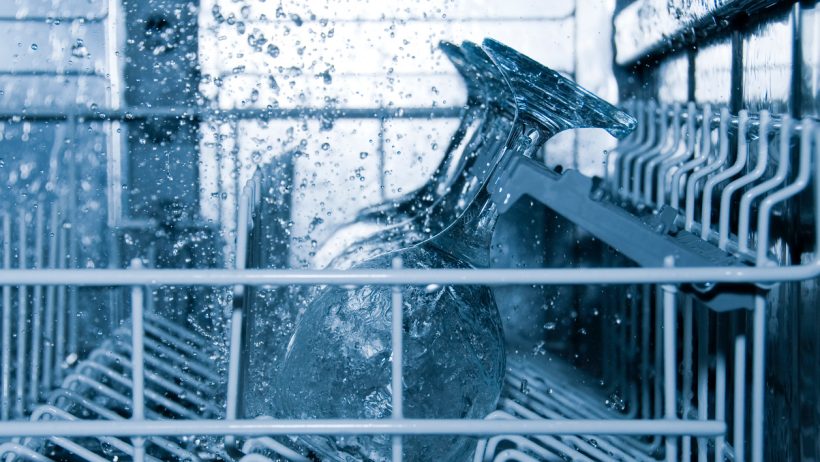
Dishwashing tablets provide better cleaning performance. As compared to dishwashing powder, tablets have more concentrated active ingredients like enzymes and oxygen-based bleach.
Enzymes break down oil and grease, while oxygen-based bleach lifts wine, tea, and coffee. So, when cleaning wine glasses in the dishwasher, it’s best to use a dishwashing tablet.
Although both ingredients can also be found in some dishwasher powders, not all brands include them in their formulation. Moreover, dishwasher powder relies more on surfactants and fillers (like dishwasher salt) to keep dishes clean.
In terms of convenience
A dishwasher tablet is more convenient than a dishwasher powder because a tablet is pre-measured and pre-packaged. This helps prevent spills and messes in the kitchen.
However, the good thing about dishwasher powder is that it comes with a measuring cup. You can adjust the amount of detergent per wash, tailored to the size of the load. This is more economical compared to pre-measured dishwasher tablets.
Moreover, you may buy dishwasher powder in bulk. If you always love stocking up on dishwashing detergent at home to lessen trips to the supermarket, dishwashing powder is a good choice.
In terms of residue
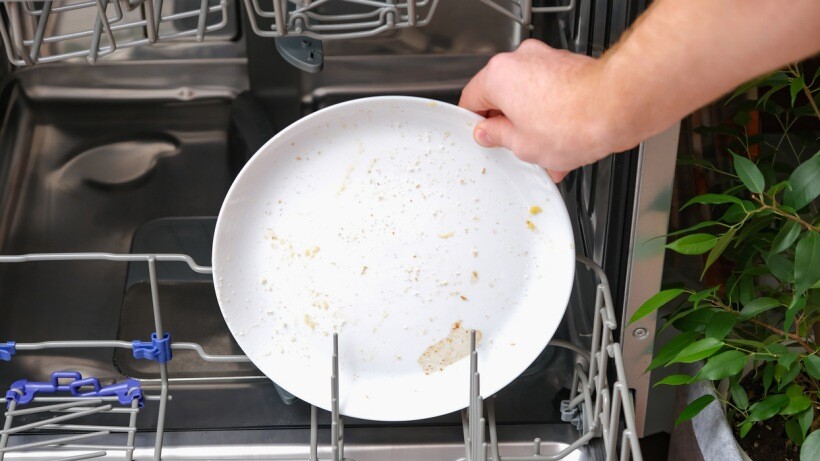
A dishwasher tablet leaves no residue because it contains a built-in rinse aid that helps prevent film or spots, especially in your glassware.
In contrast, dishwasher powder is highly likely to leave a residue, especially with incorrect dosage. The efficacy of a dishwasher powder also heavily relies on your dishwasher’s efficiency in washing dishes, so if there are performance issues, expect to see slight food residue in dishes.
Furthermore, dishwasher powder is more sensitive to hard water because, unlike tablets, most dishwasher powder brands don’t include water softeners in their formulation. So, if you live in an area with hard water, you should avoid using dishwasher powder.
Tip: Avoid using dishwasher liquid in a dishwasher (whether integrated or freestanding) because it can cause excessive suds and bubbles to form inside, clogging the dishwasher filter. This is why you should use a dishwasher powder or tablet instead.
In terms of eco-friendliness
The eco-friendliness of dishwashing powder and tablets depends on their brands and formulations. Luckily, many modern dishwashing powders are now using biodegradable and non-toxic ingredients, such as dishwasher salt and sodium bicarbonate.
Plus, like dishwasher gels, powders often come in bulk packaging, which can be more eco-friendly, especially if the packaging is made from recycled materials.
As for dishwashing tablets, although some still contain harmful substances and use plastic packaging, other modern brands use toxic-free formulations with water-soluble packaging to decrease environmental impact.
In terms of storage
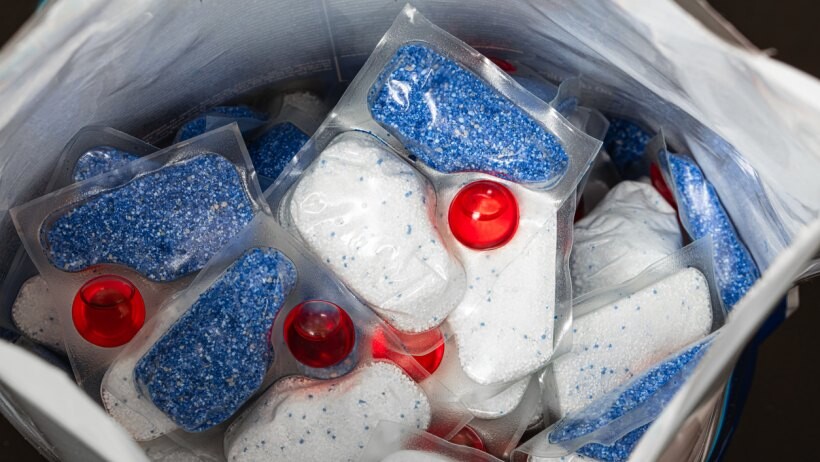
Dishwasher tablets are much easier to store than dishwasher powder because their original packaging is designed to protect the tablets from moisture and other environmental factors.
On the other hand, storing dishwashing powder requires more steps because most brands use a cardboard box as packaging. After opening its cardboard box, you have to transfer the powder to an airtight container to prevent it from going stale.
TIP: Avoid storing dishwasher powder near stoves and heating vents because heat and moisture can cause the powder to clump. It would be best to do the same with dishwasher tablets since moisture can cause them to stick together and disintegrate.
In terms of cost-effectiveness
Since dishwasher powder comes in large bulk sizes, and you may measure the amount of powder to be dispensed into the dishwasher, it can be a cost-effective choice.
However, remember that dishwasher powder isn’t as effective in washing dishes under hard water. You have to increase its amount to help prevent the minerals in hard water from accumulating and leaving a film-like residue on dishes.
So, dishwasher tablets are a much more cost-effective choice when it comes to addressing problems with hard water. Even though these are more expensive than dishwasher powder, their high cost is justifiable because their formula has additional powerful cleaning agents like a rinse aid, anti-soil redeposition agents, and bleach to provide a more effective clean.
Simplify your dishwashing chores with Airtasker
Although a dishwasher can help make things more convenient (especially if you already know which detergent to use), dishes can still pile up quickly if you have a large family or often entertain guests.
Fortunately, you can hire cleaning experts at Airtasker to handle your dishwashing chores. They have more experience and know other effective methods and sanitising solutions for cleaning dishes, especially greasy pots and pans.
Dishwasher powder vs tablets
| Dishwasher Powder |
Dishwasher Tablets |
|
| Cleaning Performance |
Standard cleaning performance, as it relies more on surfactants and fillers |
Provides better cleaning performance due to having more concentrated active ingredients |
| Convenience |
Less convenient due to potential for messy spills |
More convenient since tablets are pre-measured and pre-packaged |
| Residue |
More likely to leave residue, especially with incorrect dosage or in hard water areas |
Less likely to leave residue, contains a built-in rinse aid to prevent film or spots |
| Eco-friendliness |
More eco-friendly with some formulations having biodegradable ingredients |
Less eco-friendly with most brands including harmful substances in the formulation |
| Storage |
More difficult to store, requiring an airtight container to prevent clumping |
Easier to store; original packaging protects them from moisture |
| Cost-effectiveness |
Can be cost-effective, but less effective in hard water areas |
More cost-effective due to its good cleaning performance, even in hard water |
FAQs on dishwasher powder vs tablets
You can use baking soda, lemon juice, or vinegar and mix them with water to clean dishes. These are popular natural ingredients that help deodorise and remove food residue. However, remember that these are dishwasher tablet alternatives and are not as effective as commercial dishwasher detergent brands.
If a dishwasher tablet is not dissolving, your detergent dispenser is likely malfunctioning because the detergent or food residue has clogged, so you may have to call a dishwasher repair service to fix it.
Other reasons could also be because of low water pressure or because the water is not hot enough, so the tablet doesn’t dissolve properly.
No, using regular soap in the dishwasher is unsafe because it can produce thick foam suds that can damage the dishwasher. Using a dishwasher powder or tablet is still best, as they are specially formulated to clean dishes without suds.
Find cleaners, fast
Post a task
Related articles
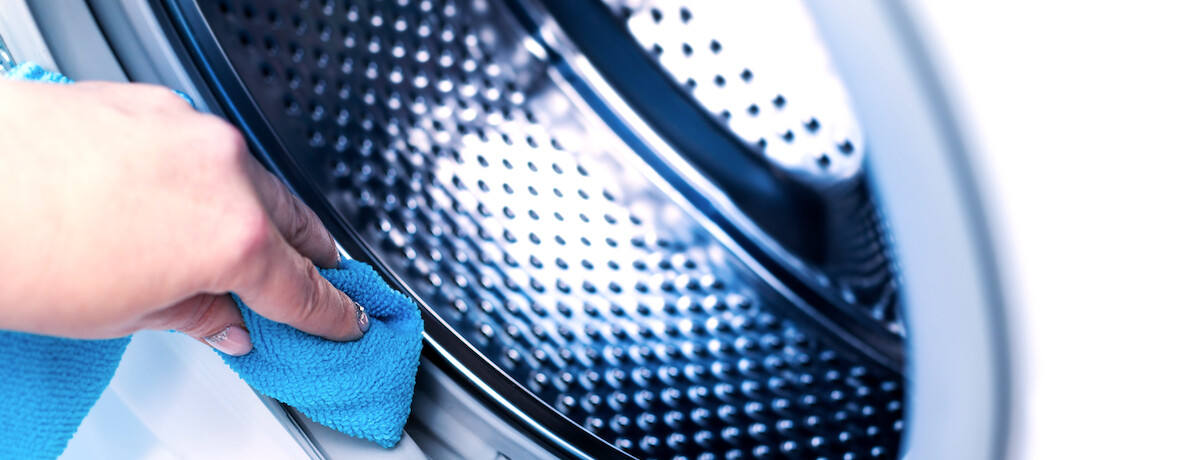
How to best clean a washing machine
Read more

How to clean Venetian blinds
Read more
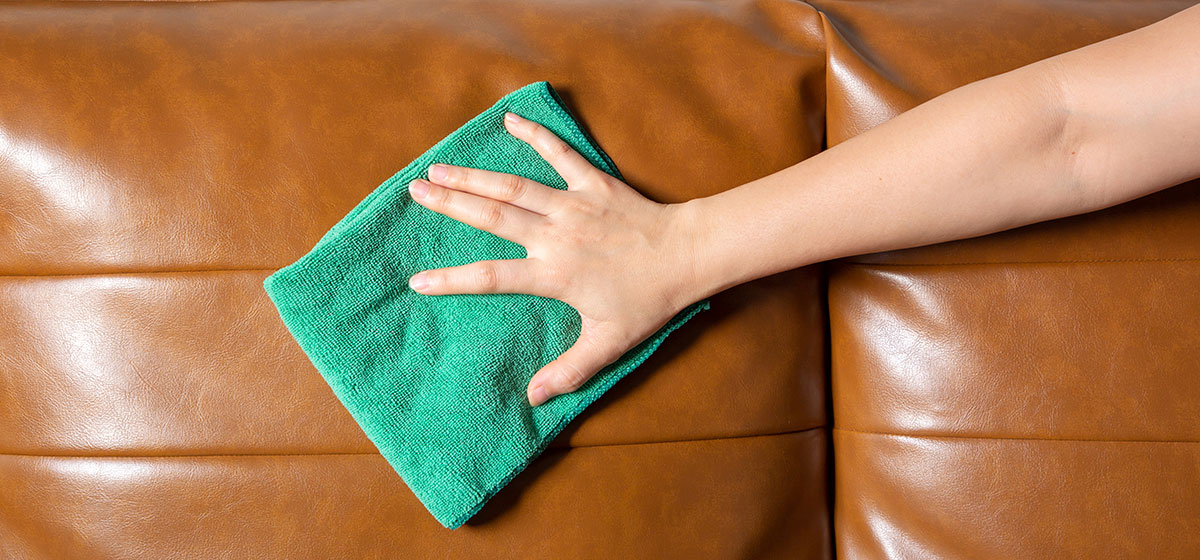
How to clean leather couch at home
Read more
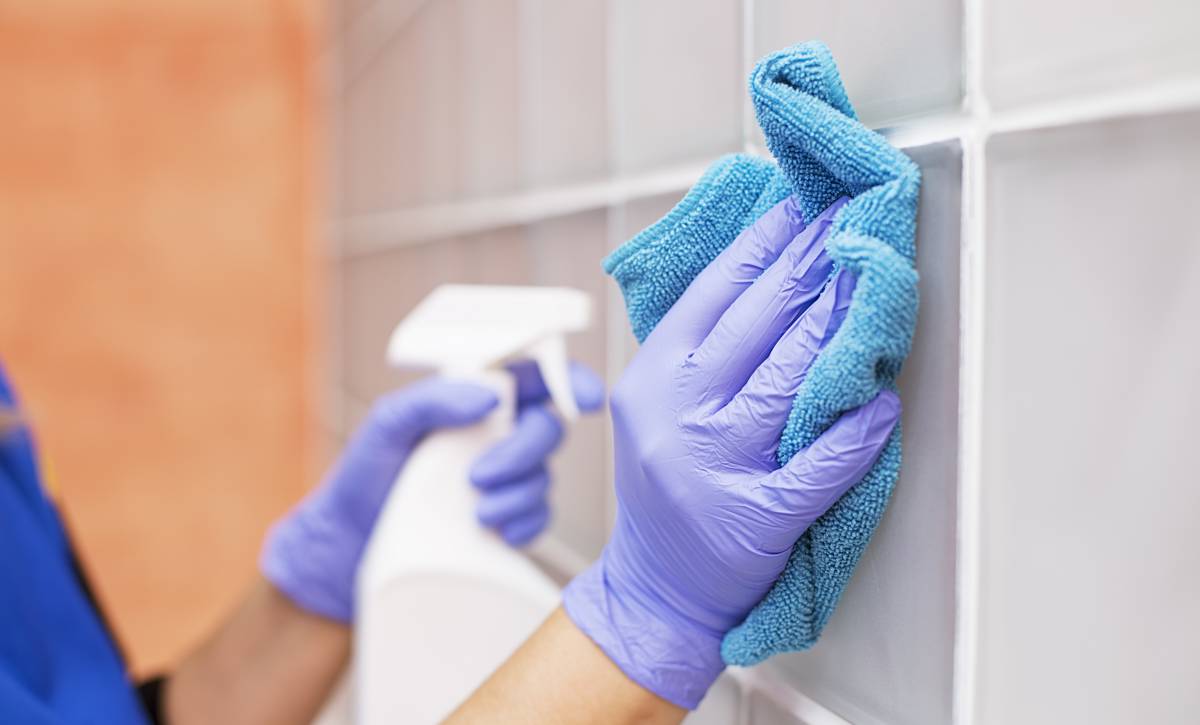
How to get more cleaning jobs
Read more

How to get a cleaning certification
Read more
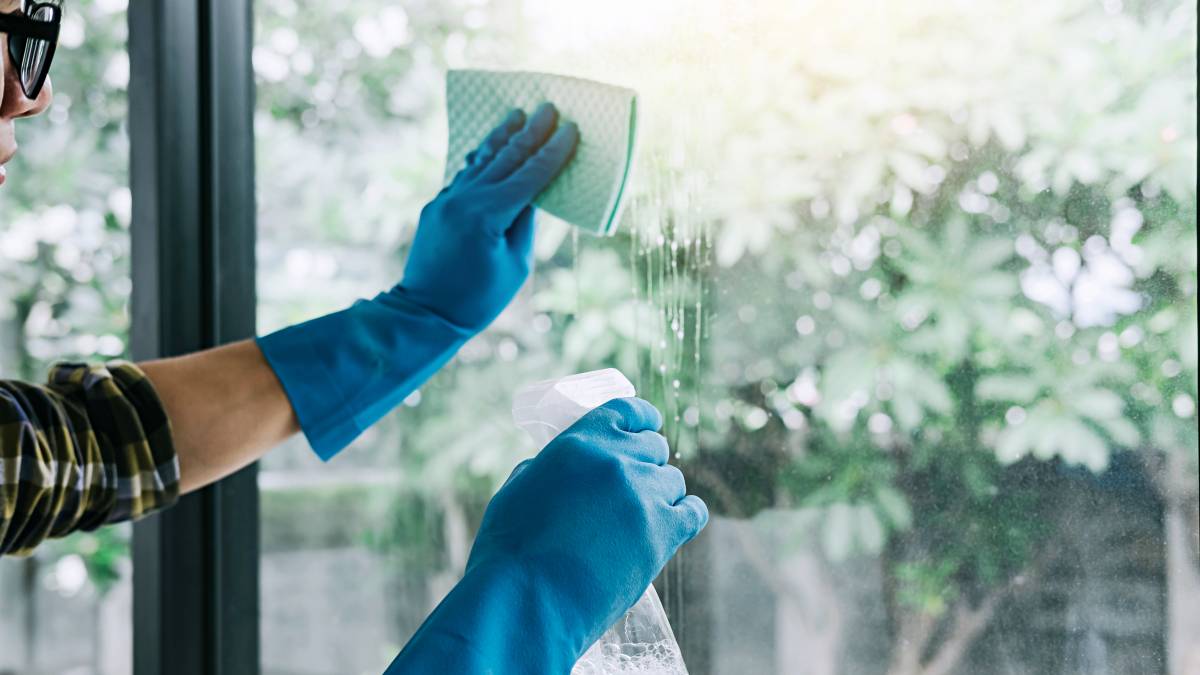
How to price cleaning jobs
Read more
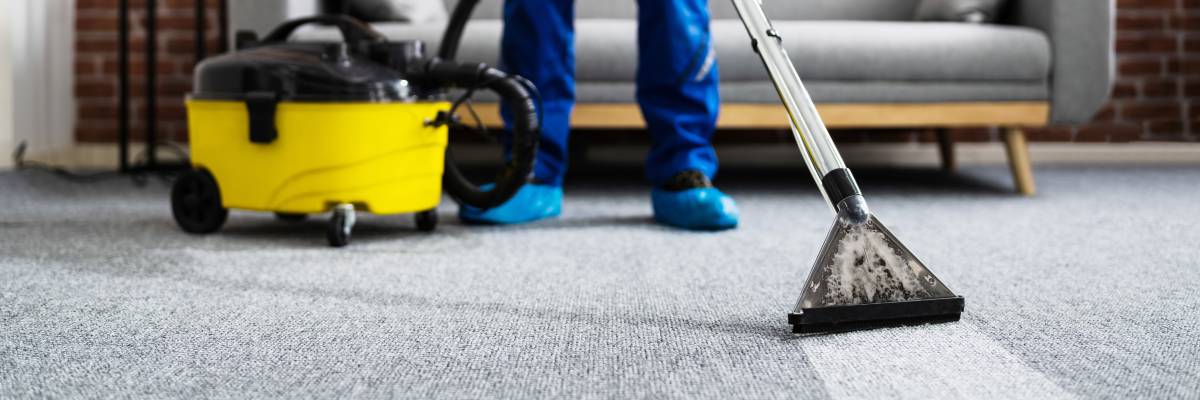
How to become a housekeeper
Read more
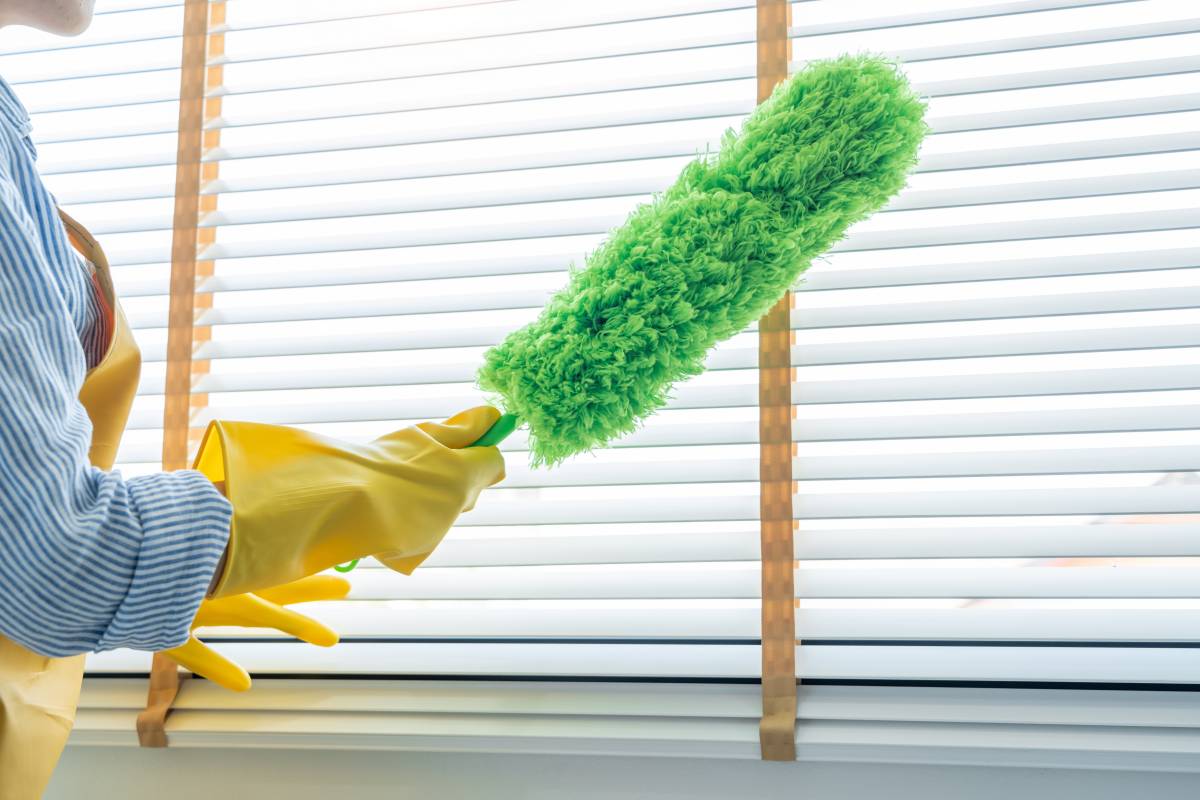
How to clean a duster
Read more
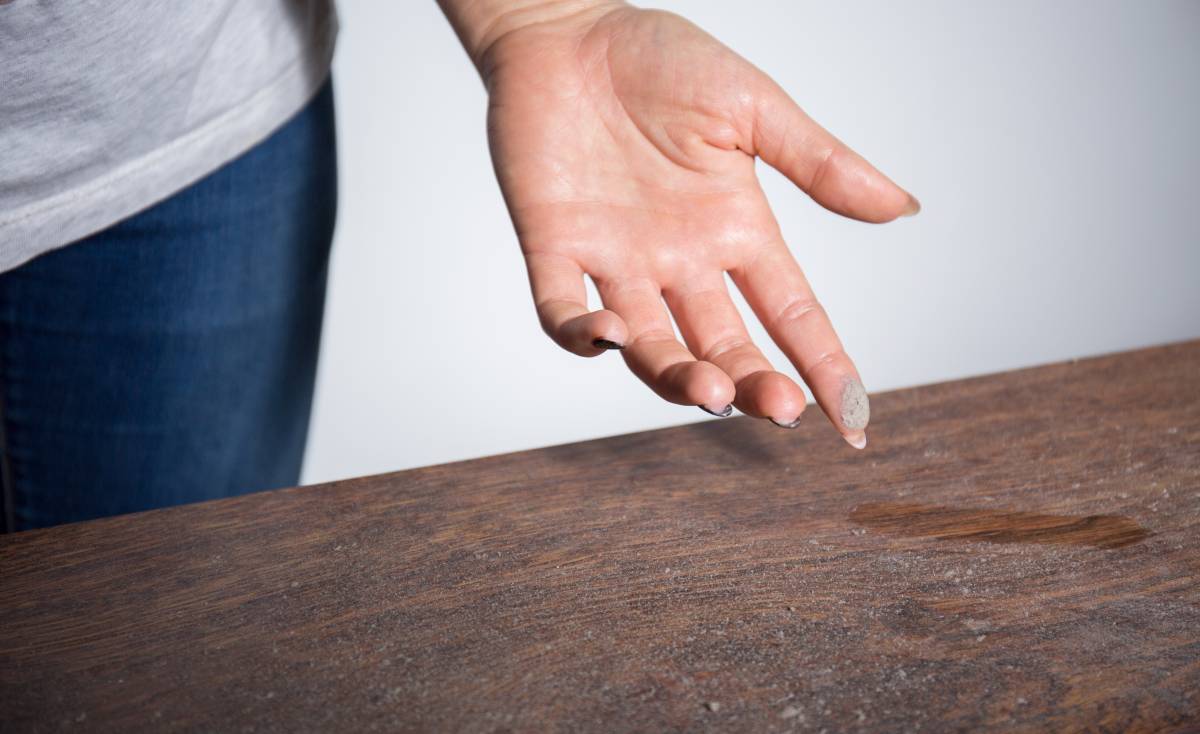
How to get rid of dust in your home
Read more
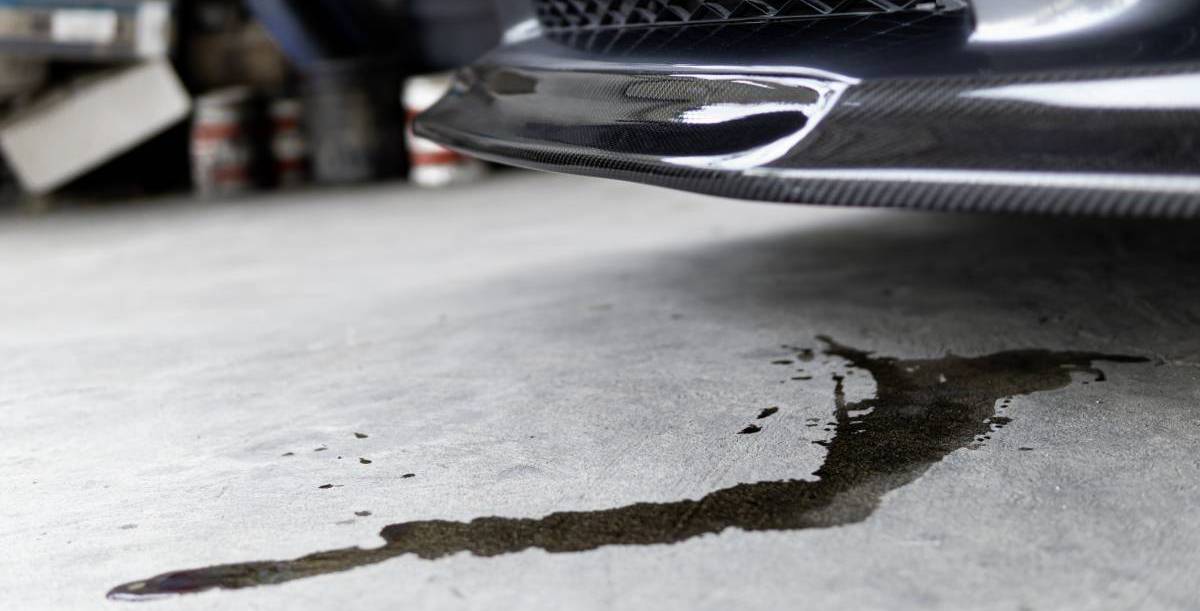
How to clean a garage floor
Read more
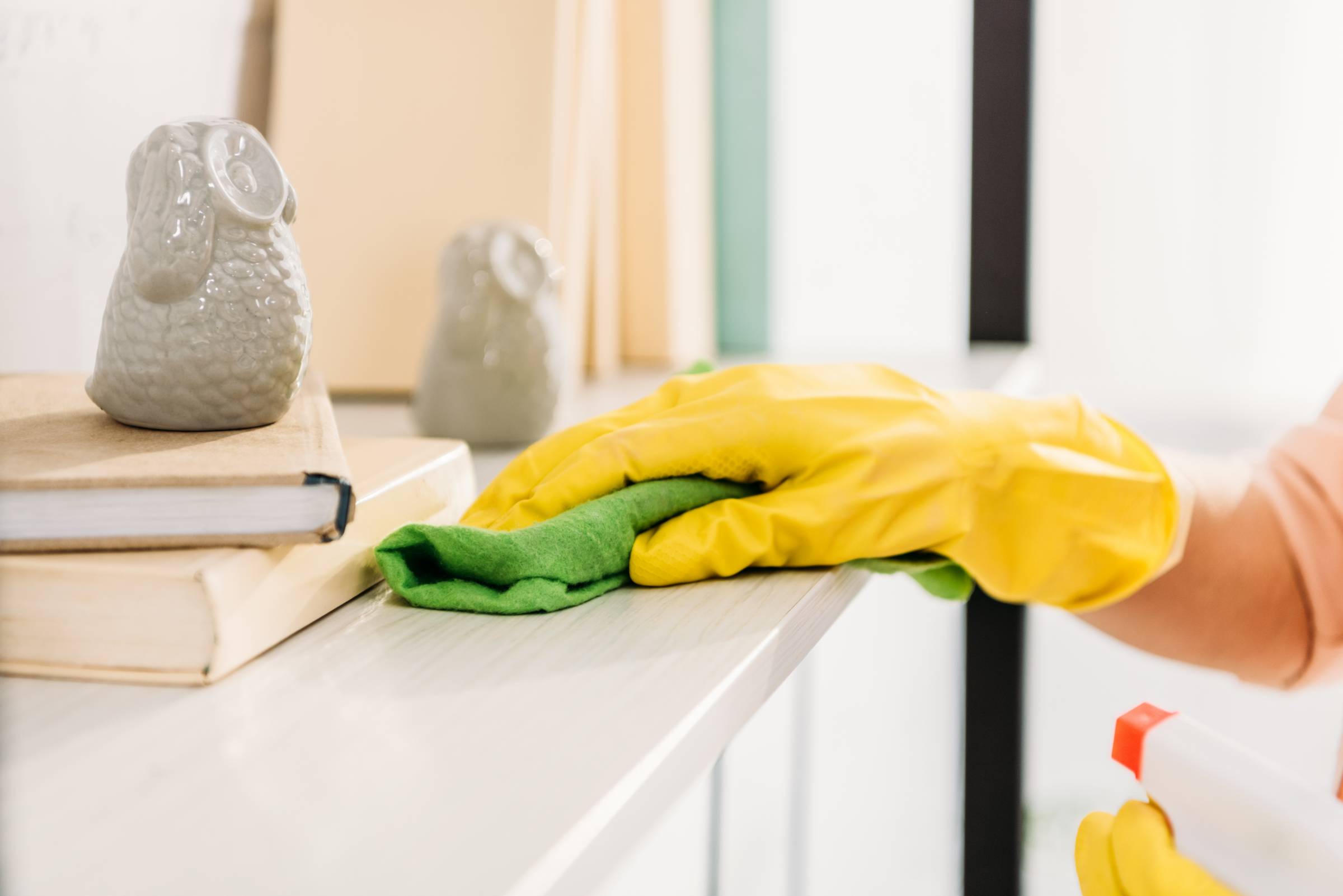
The ultimate spring cleaning checklist
Read more
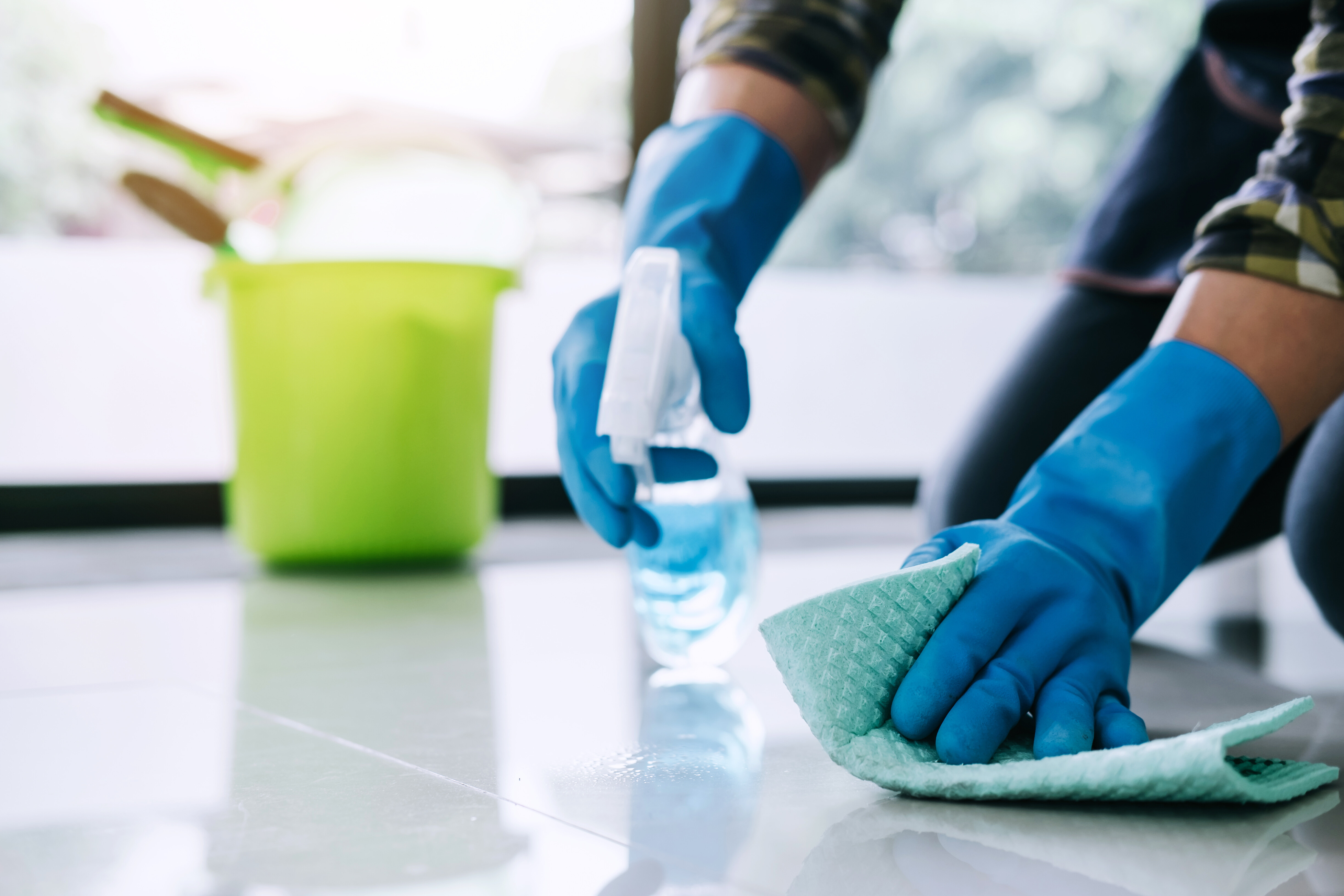
End of tenancy cleaning checklist
Read more
Related price pages

How much does tile cleaning cost?
Read more
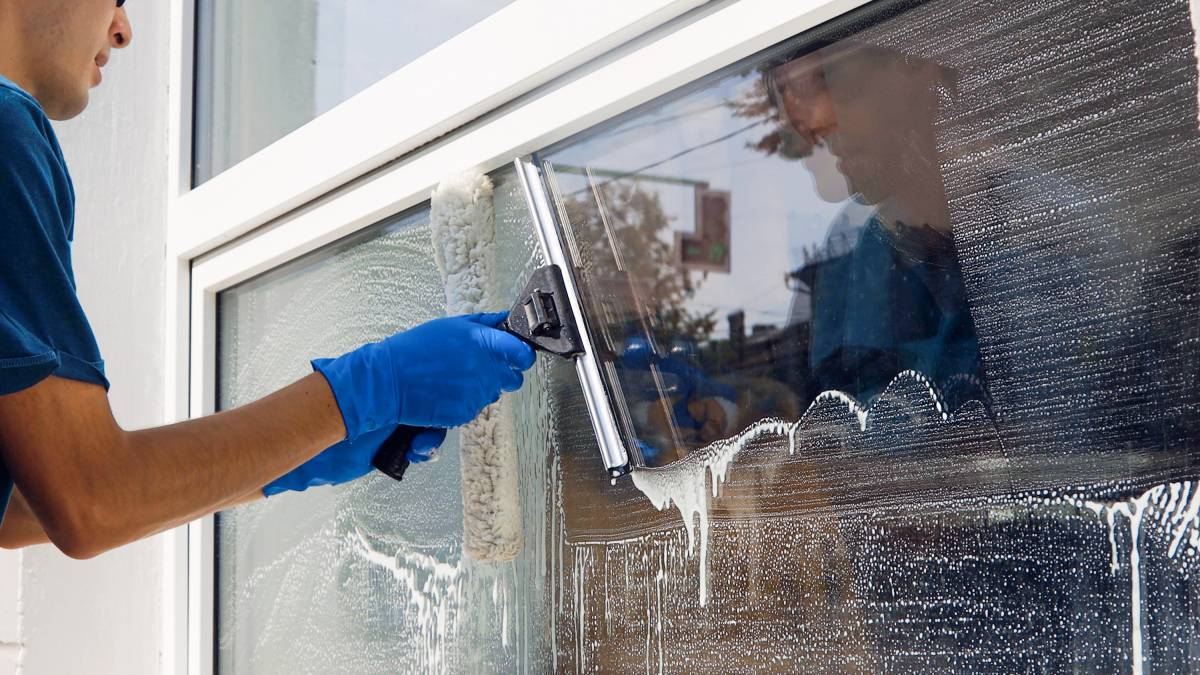
How much does a cleaner cost?
Read more

How much does attic cleaning cost?
Read more
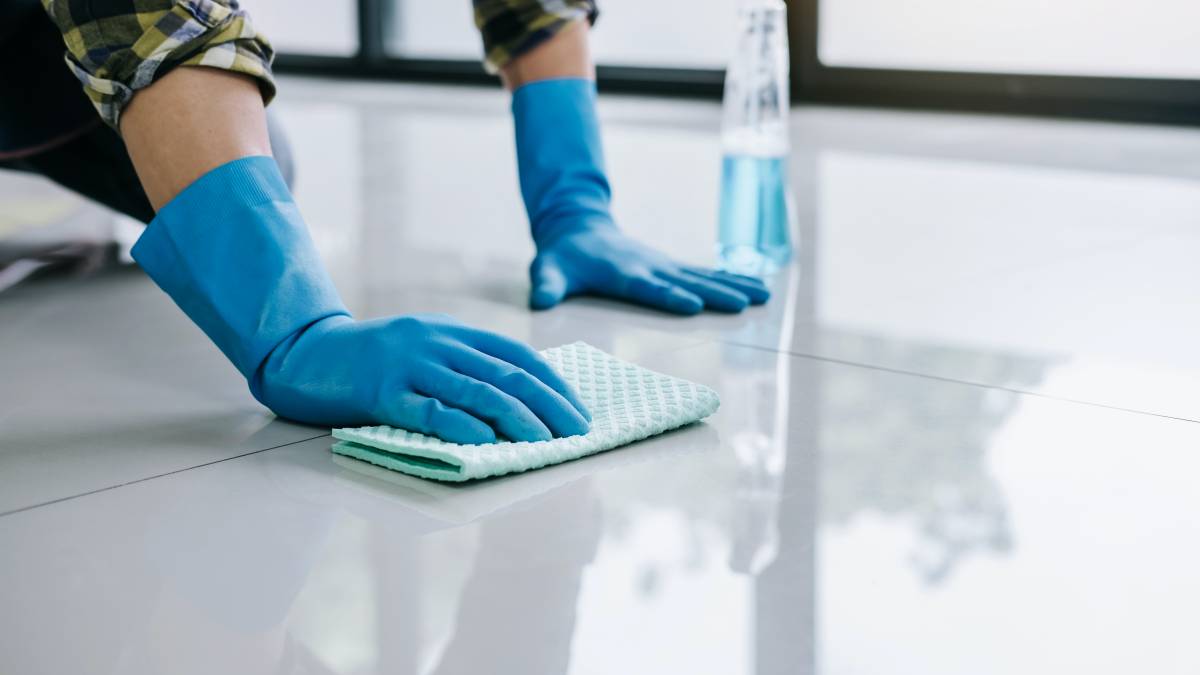
How much does floor cleaning cost?
Read more

How much does office cleaning cost?
Read more

How much does blind cleaning cost?
Read more

How much does brick cleaning cost?
Read more
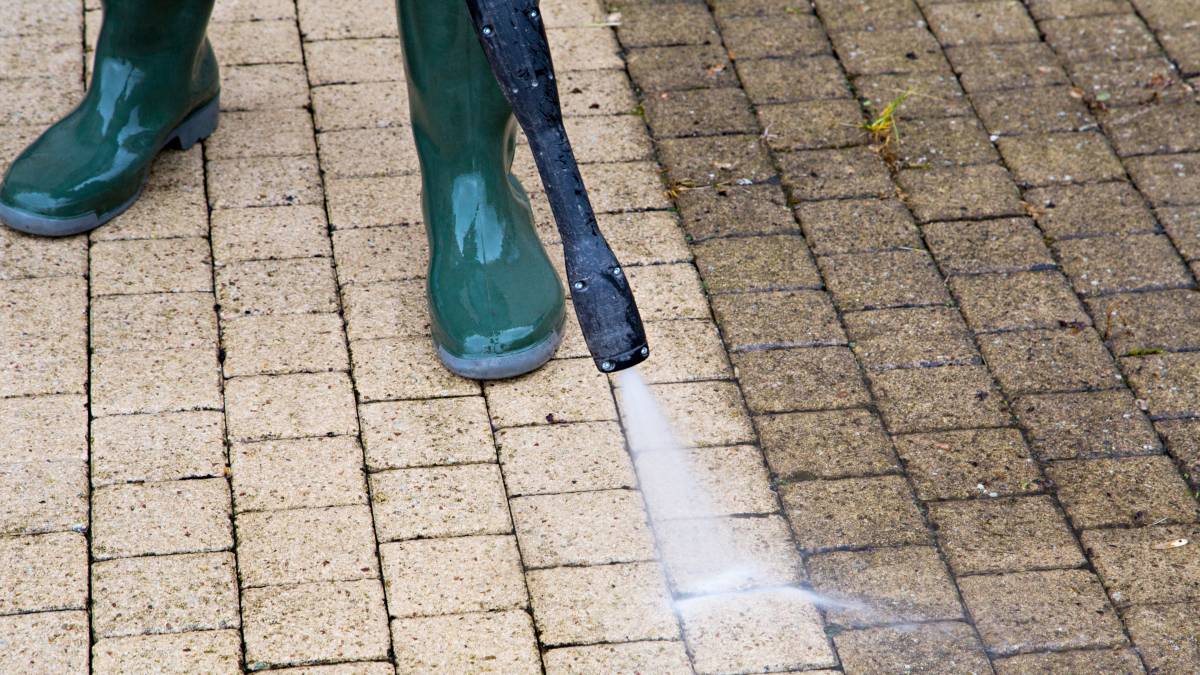
How much does pressure washing cost?
Read more
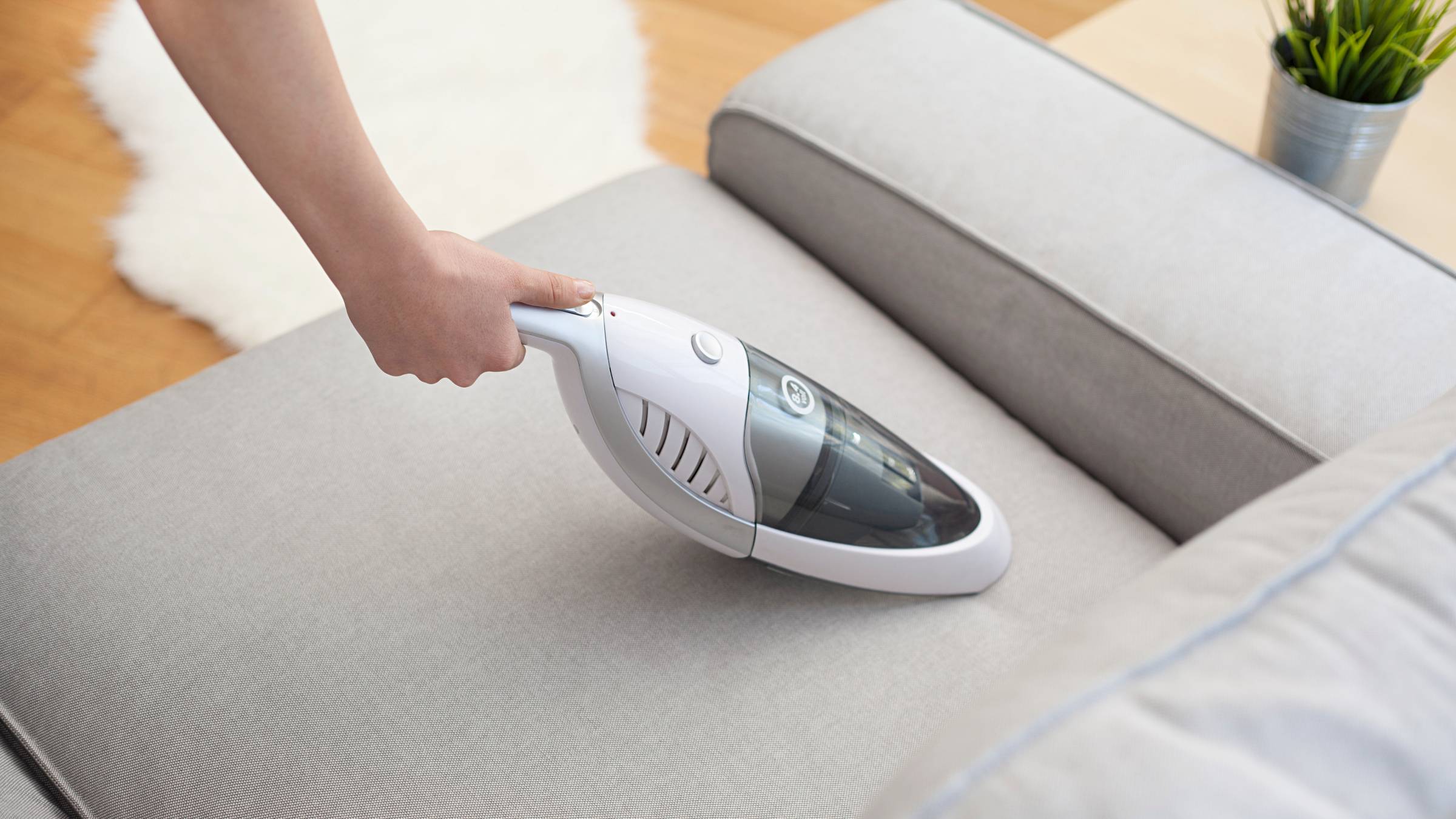
How much does sofa cleaning cost?
Read more
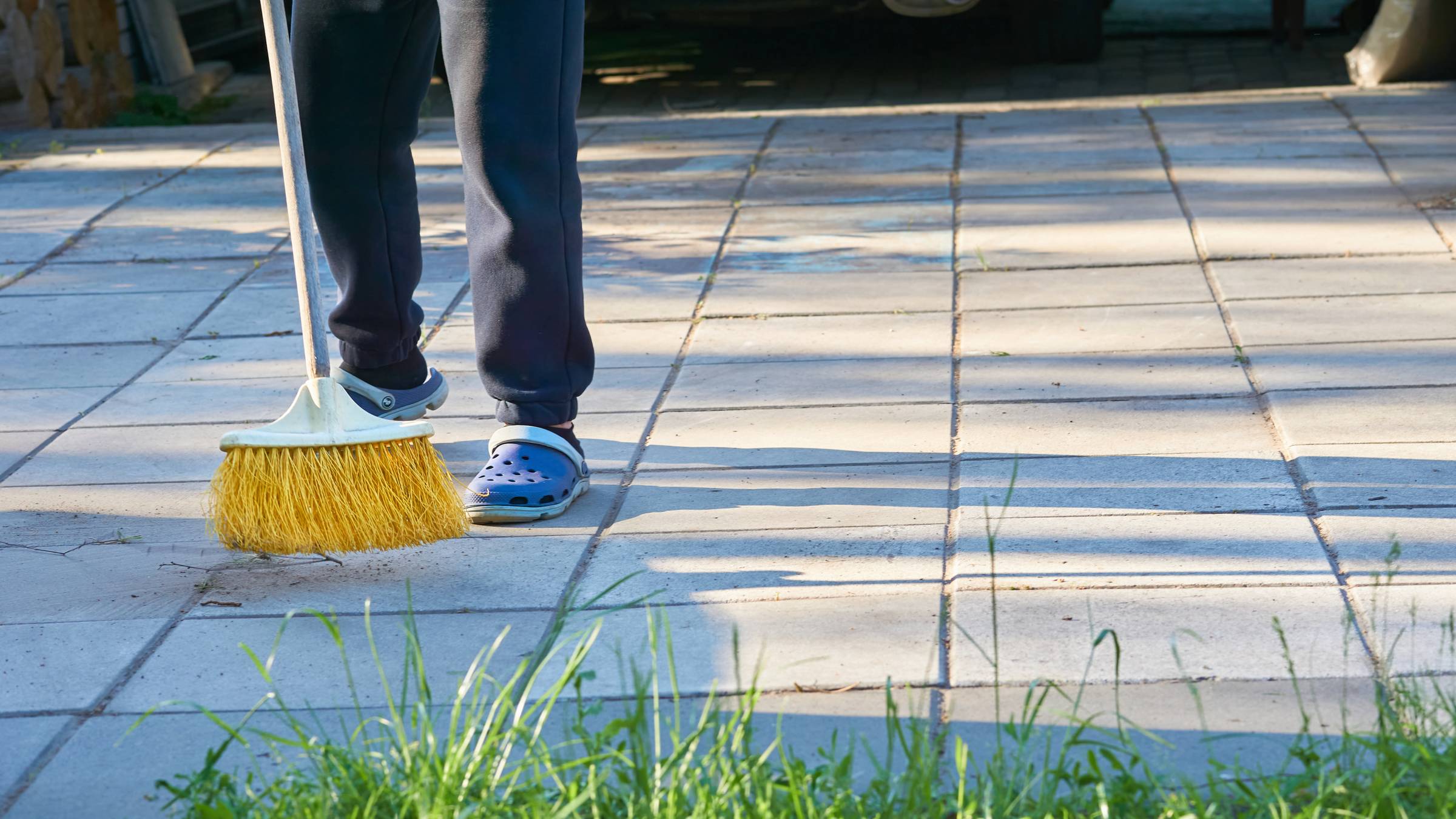
How much does patio cleaning cost?
Read more
